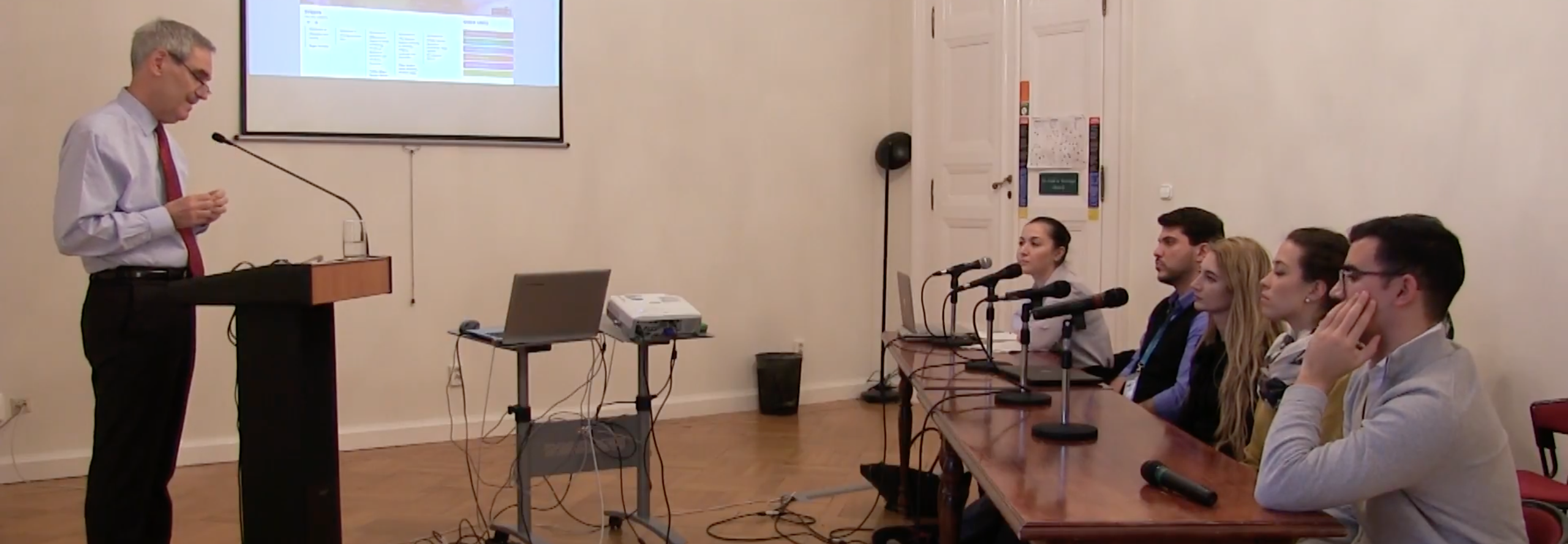
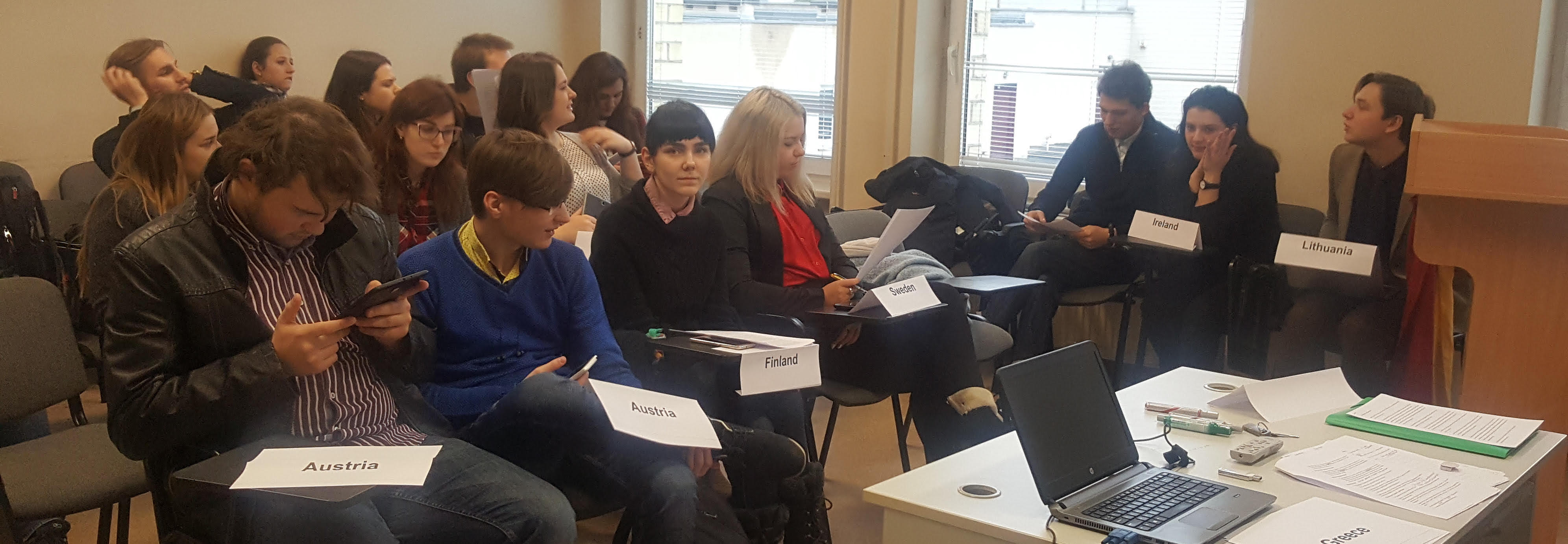
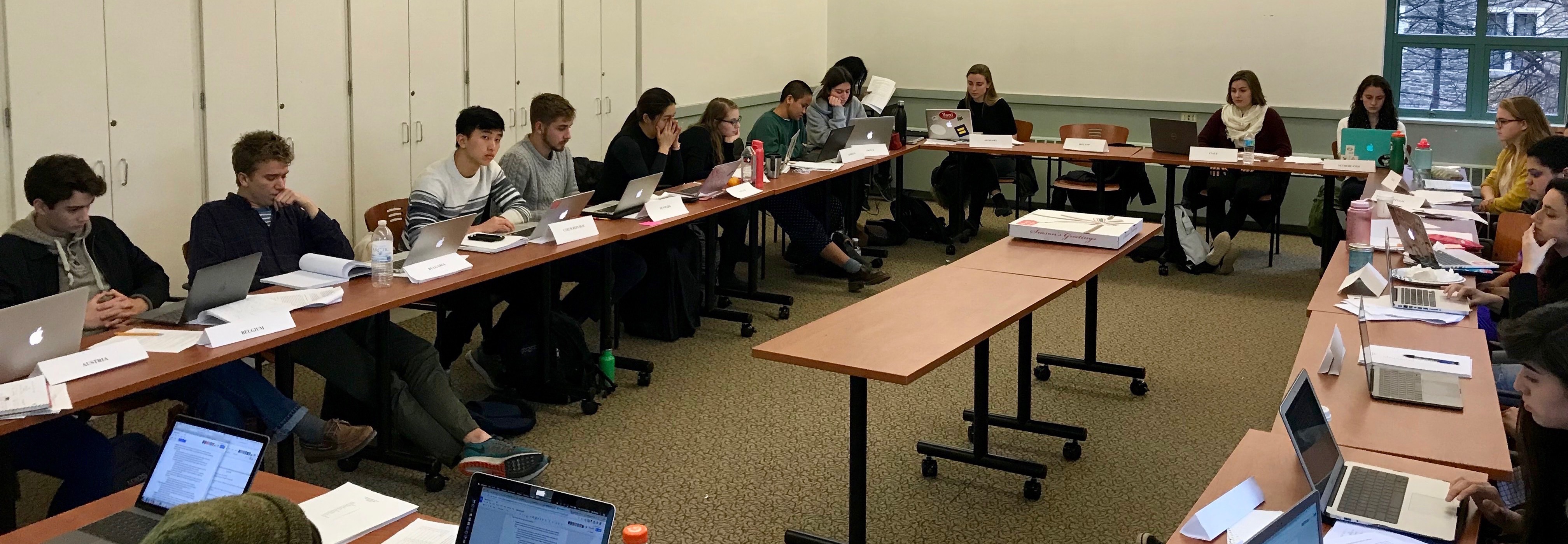
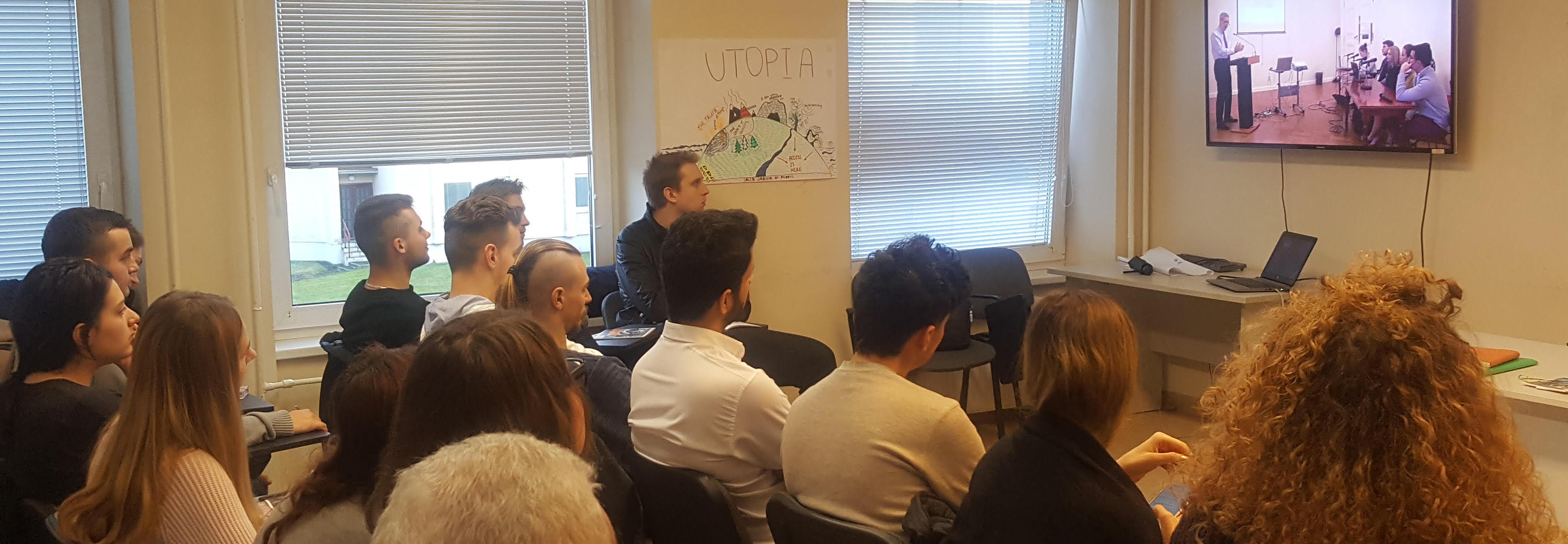
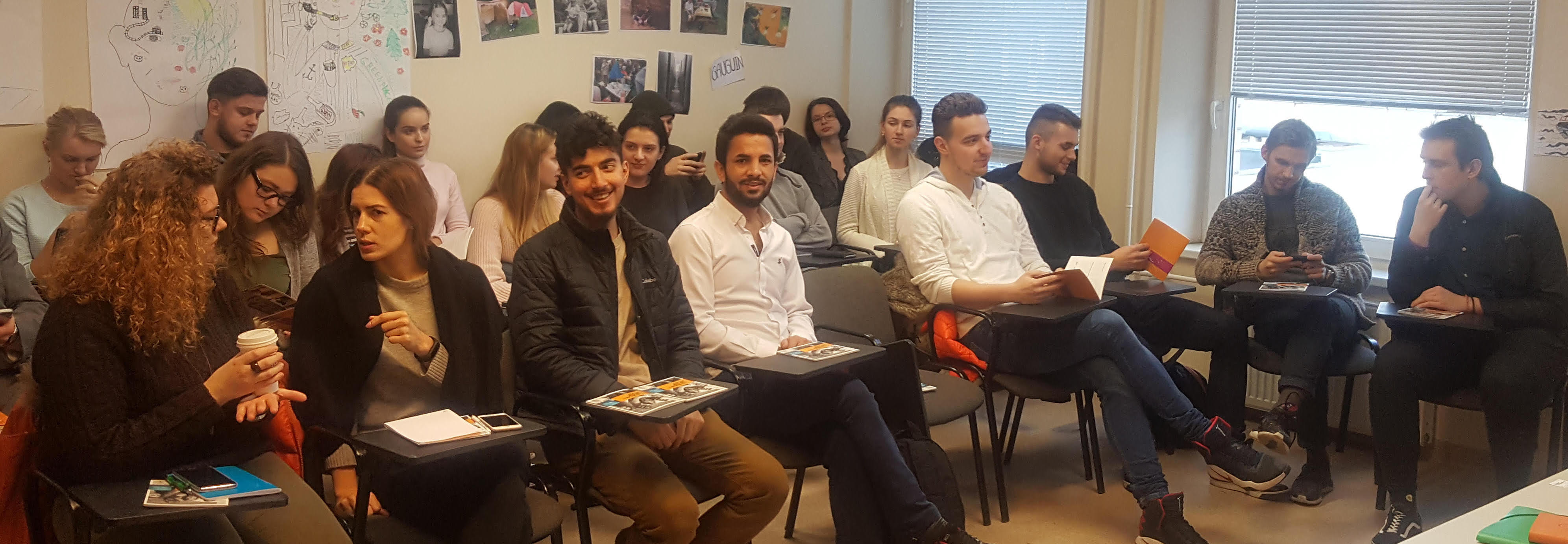
BARD COLLEGE
GLOBAL CITIZENSHIP
an international, cross campus collaboration
what does it mean
to be a
global citizen?
With globalization, new problems surface that cut across national borders and fall outside the jurisdiction of individual nation-states. New forms of political organization challenge the state as the primary locus of political authority and ultimate source of individual rights, appealing to a kind of global citizenship from below to demand redress for the harms created by globalization. This interdisciplinary course examines the conceptual and theoretical foundations of global citizenship and investigates how the idea might work in practice.
Students were asked to provide images that define what global citizenship means for them. They also wrote short descriptions and essays to accompany the images.
To be a global citizen is to both actively show solidarity with justice and those pursuing it, and hold accountable those who have the power to make positive change.
– Emily, Bard Annandale
To me, being a global citizen means having respect for others, regardless of the passport that they hold, and to have a sense of responsibility towards all causes.
– Shahd, Al Quds Bard
Global citizenship is about looking past your own window and being ready to comprehend other’s problems which seem to have nothing to do with your own.
– Elizaveta, Smolny
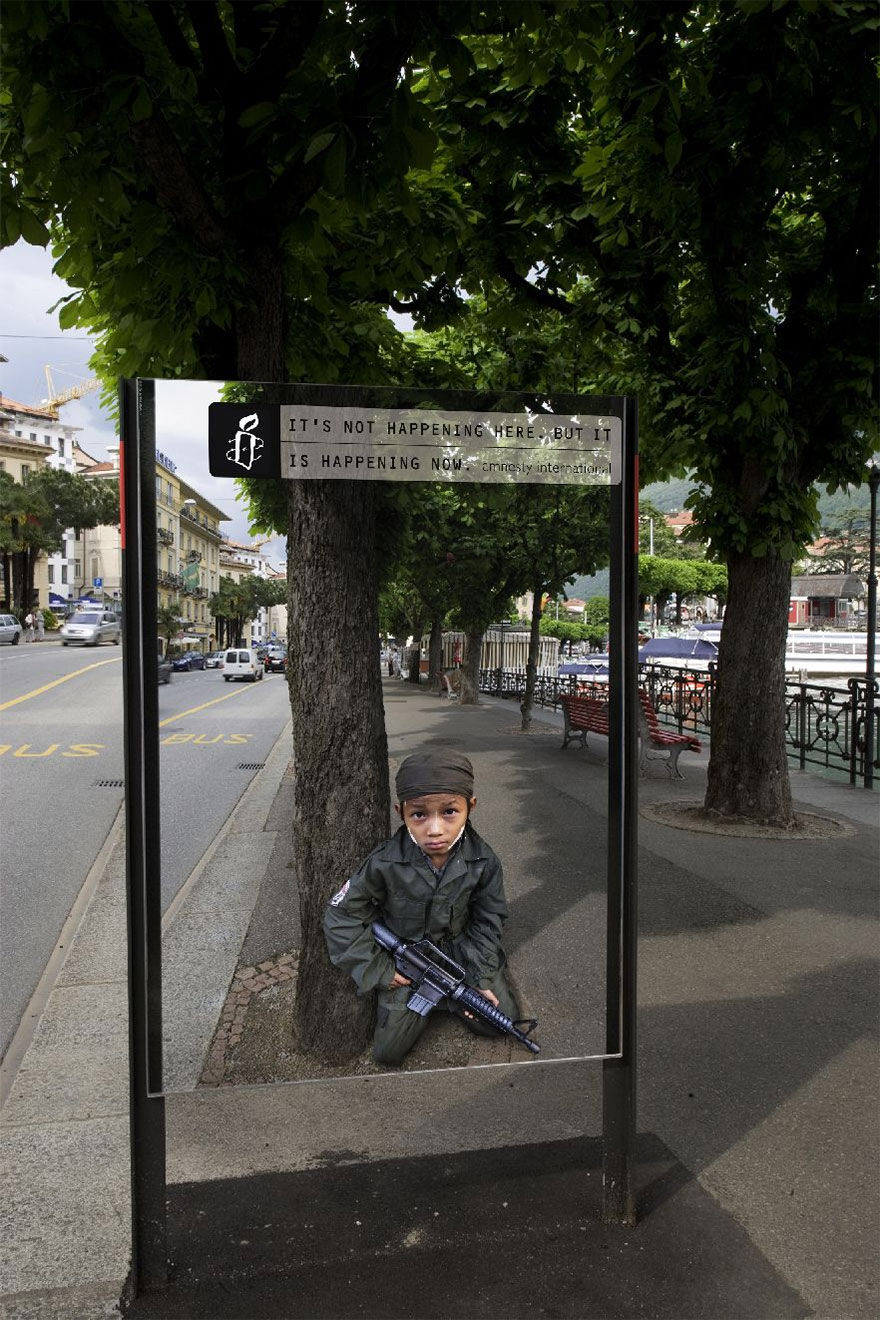


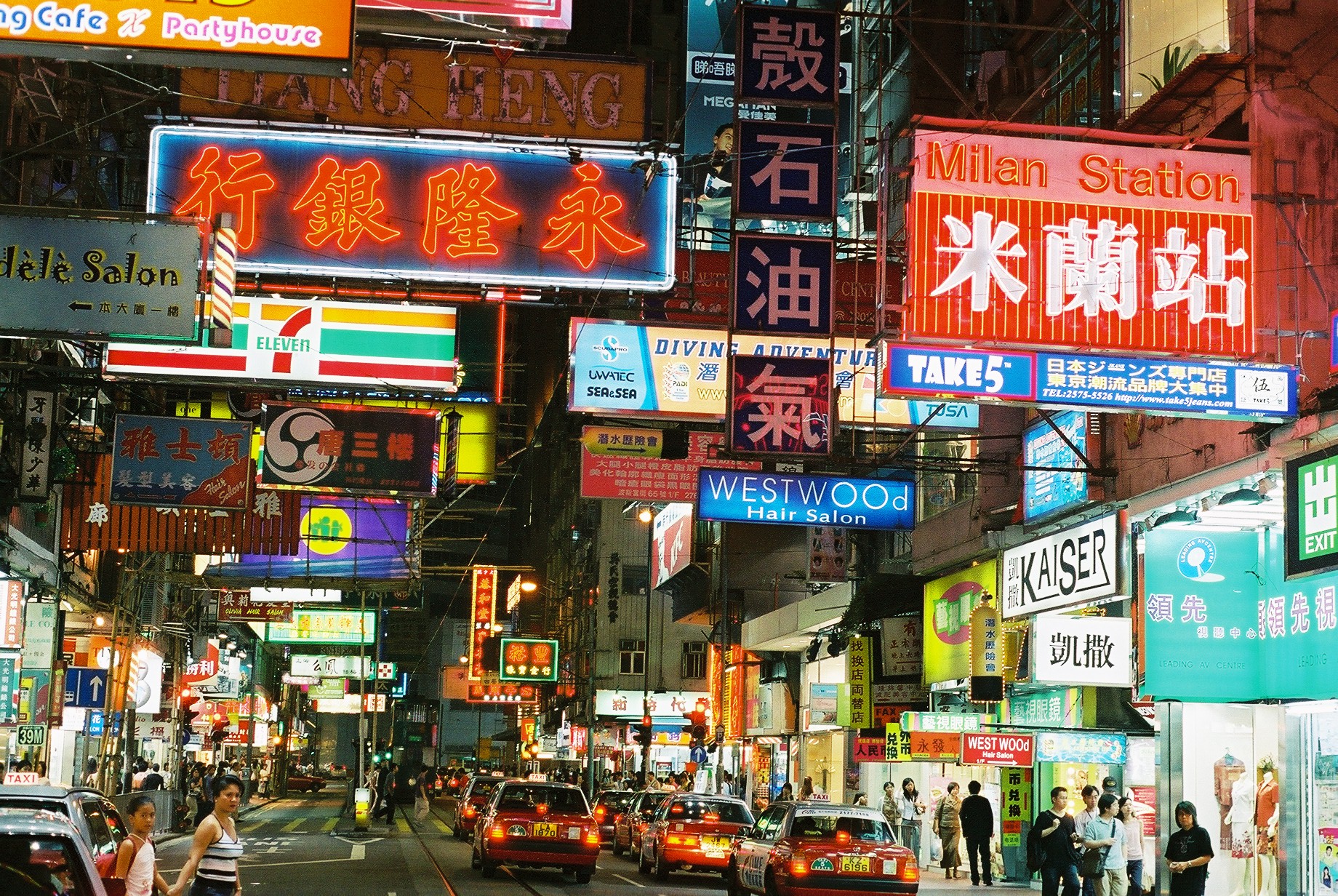
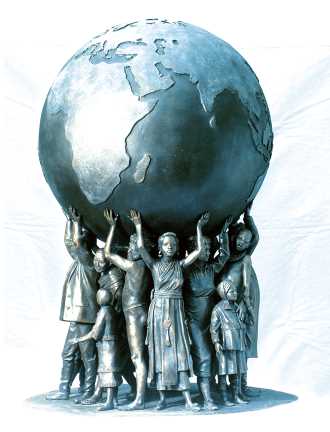
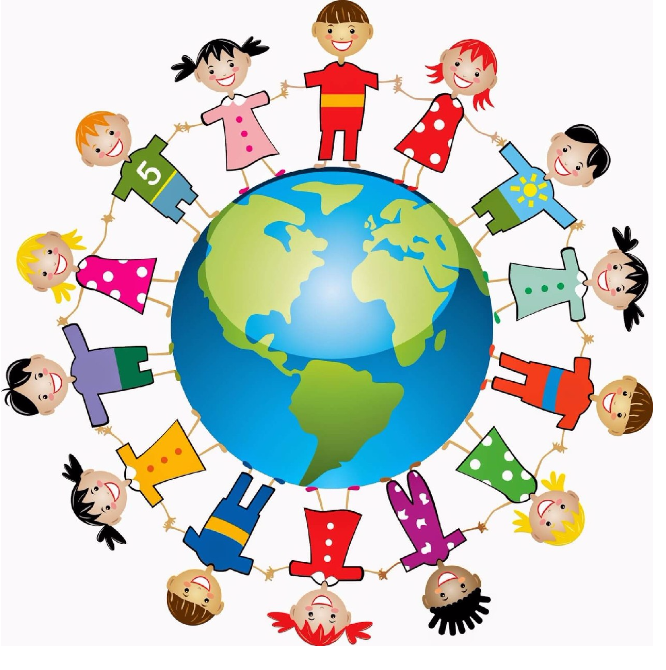

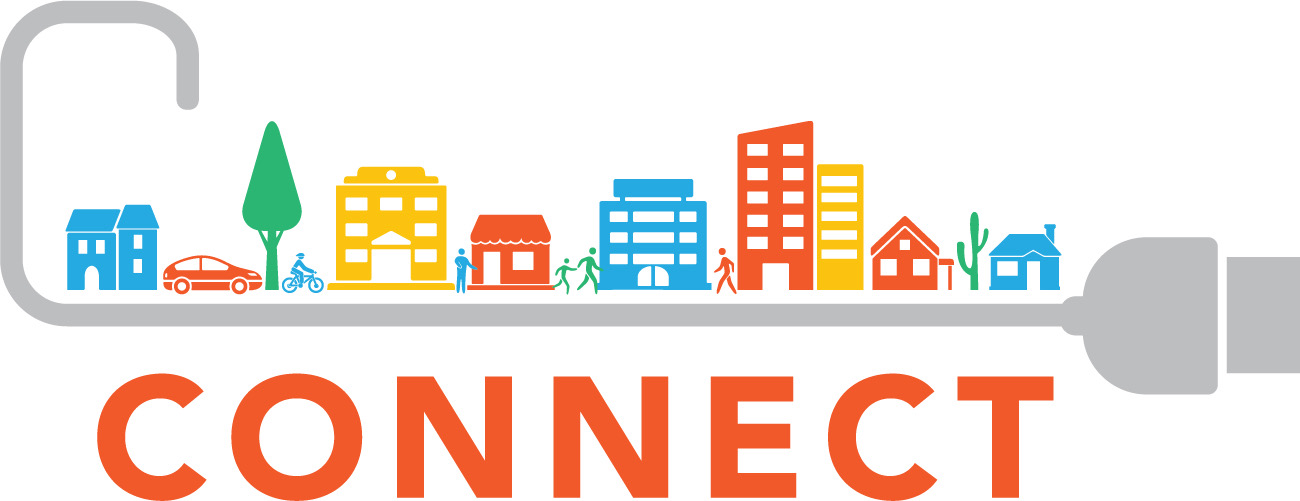
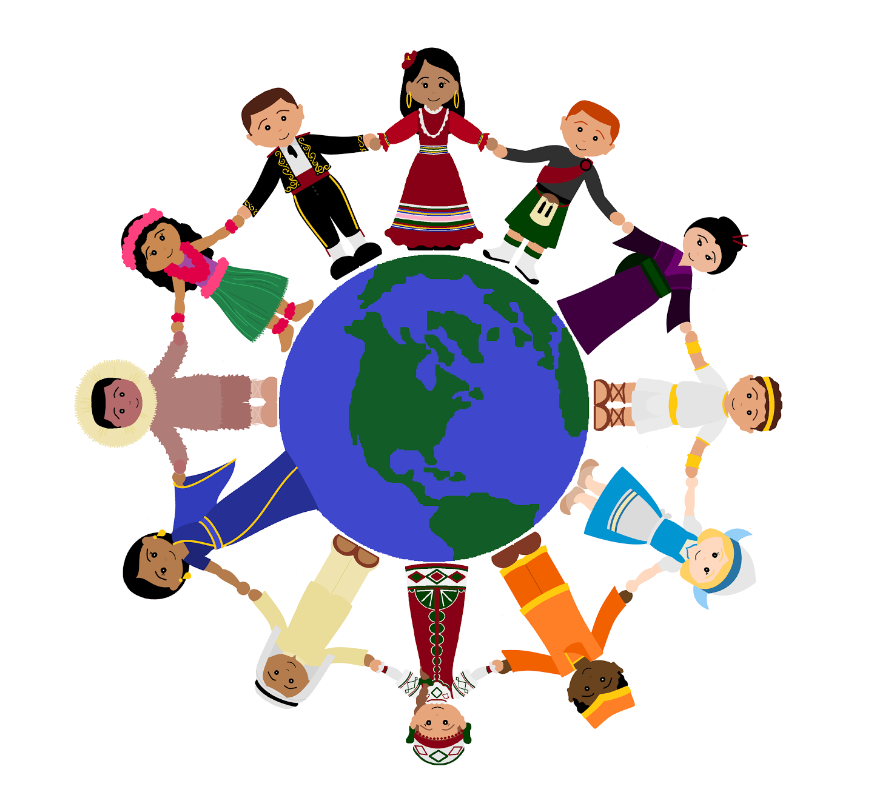


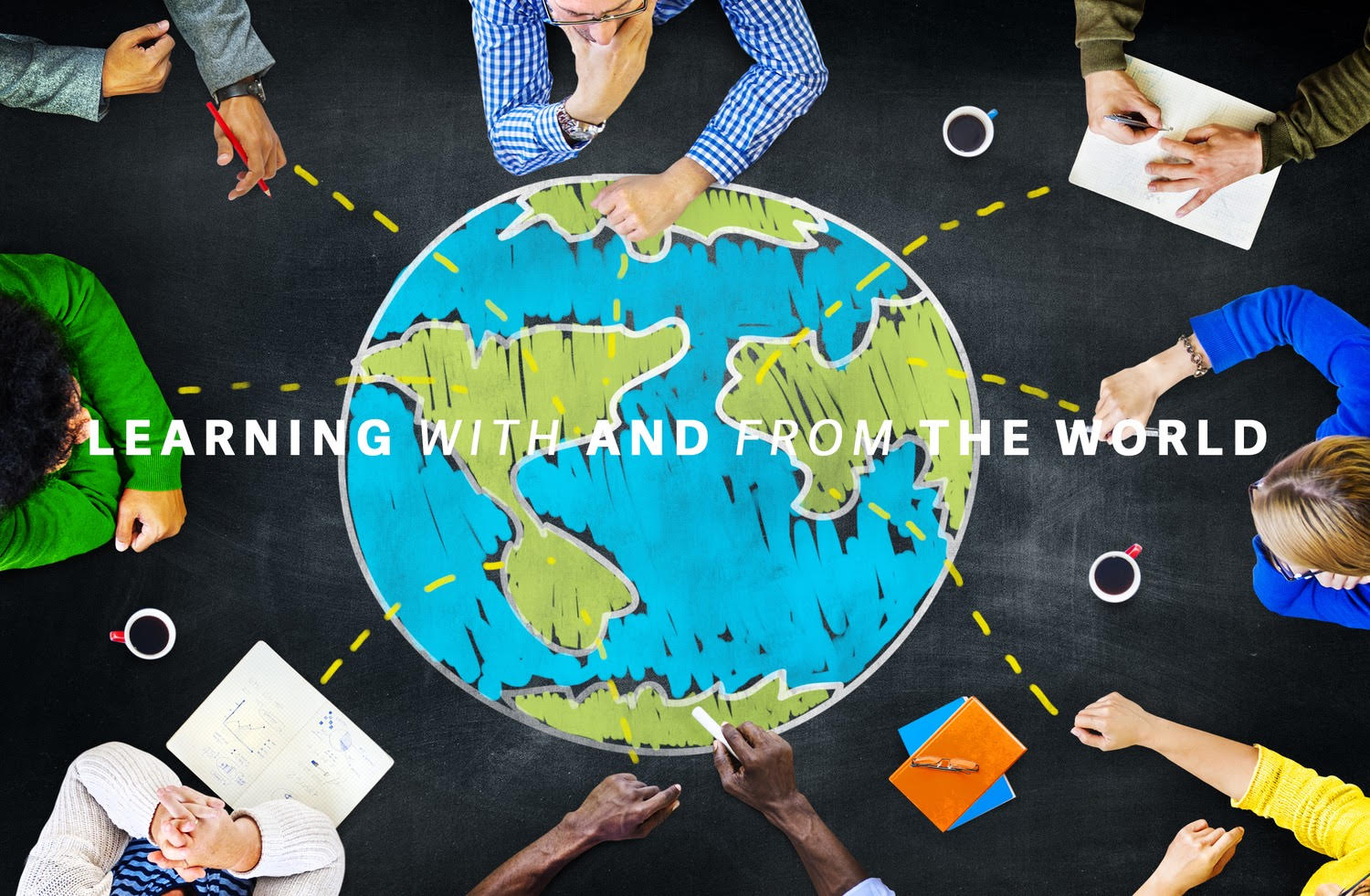
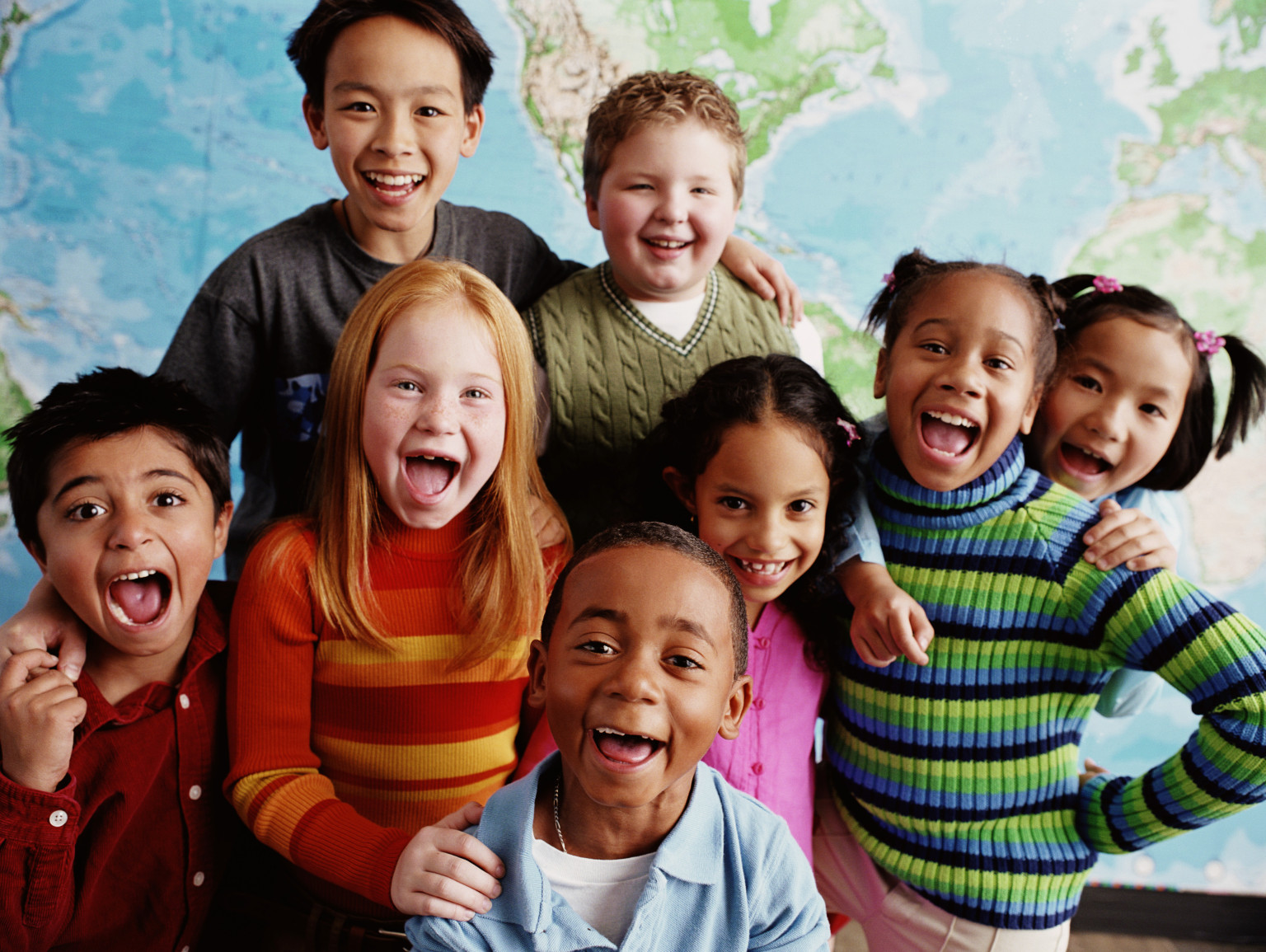
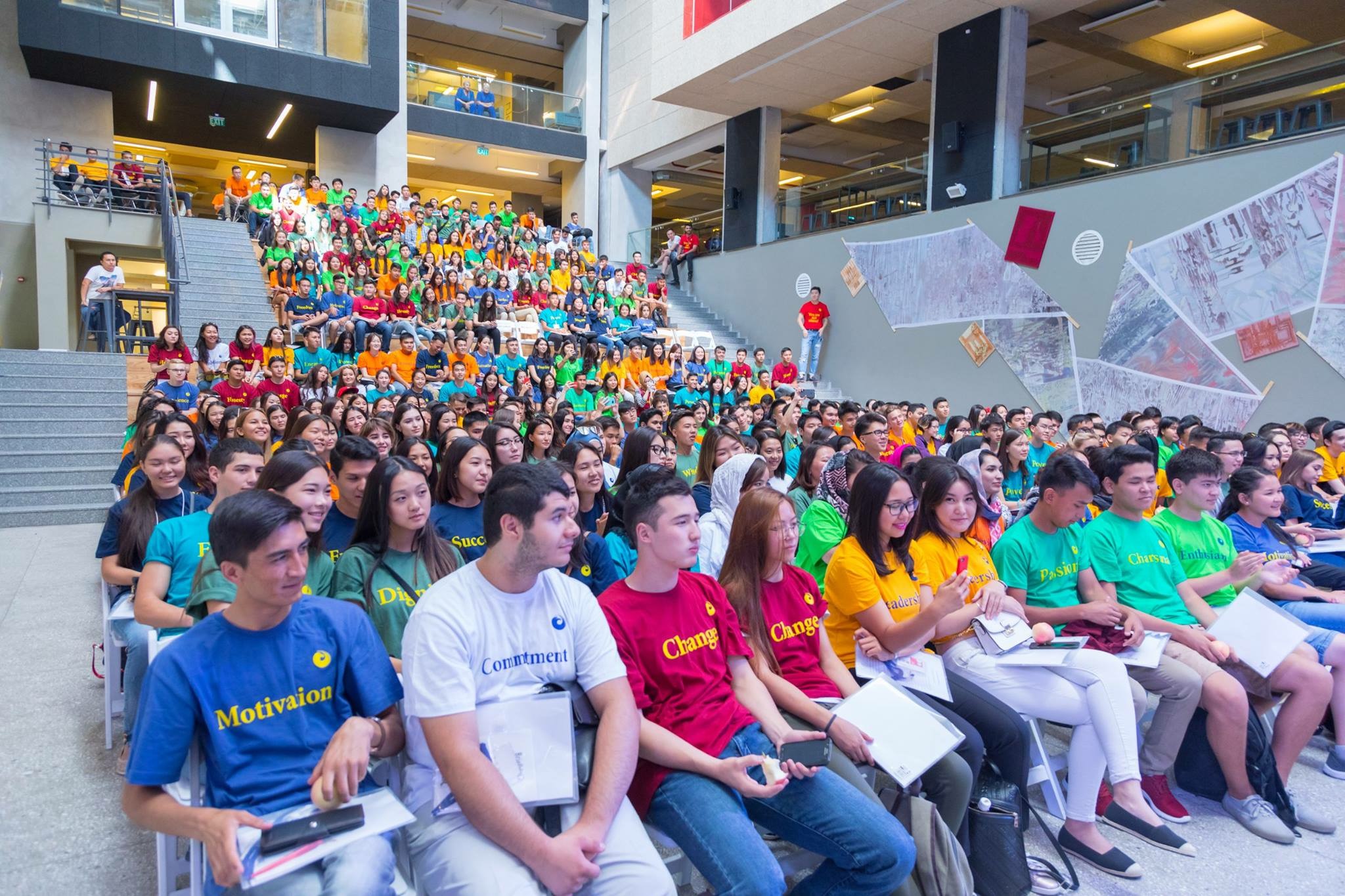
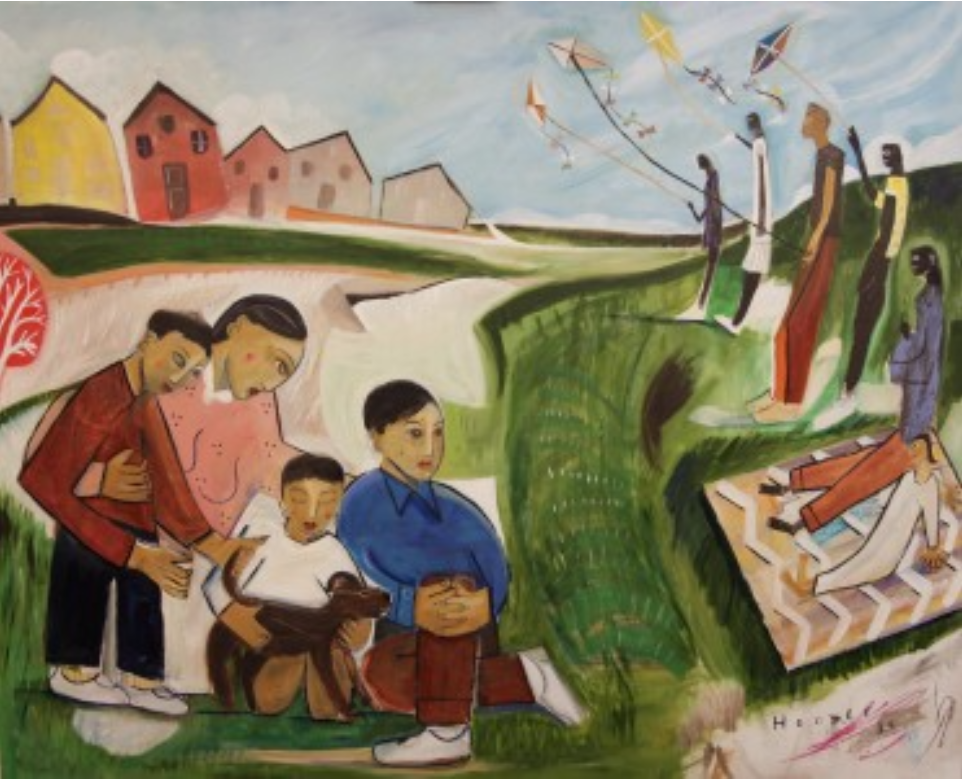
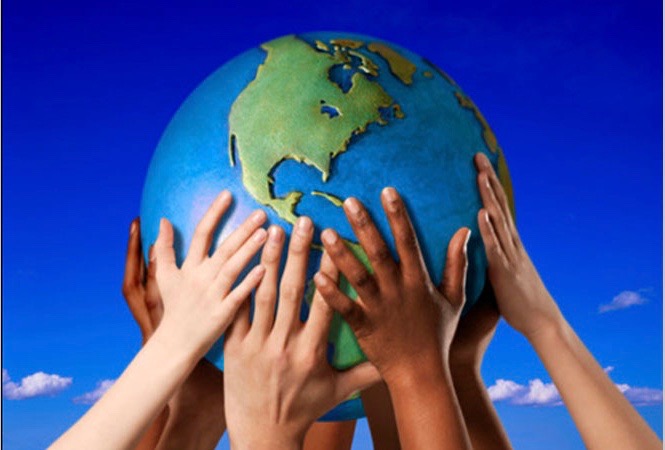
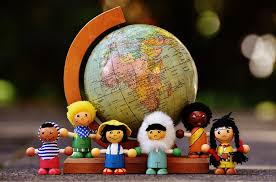
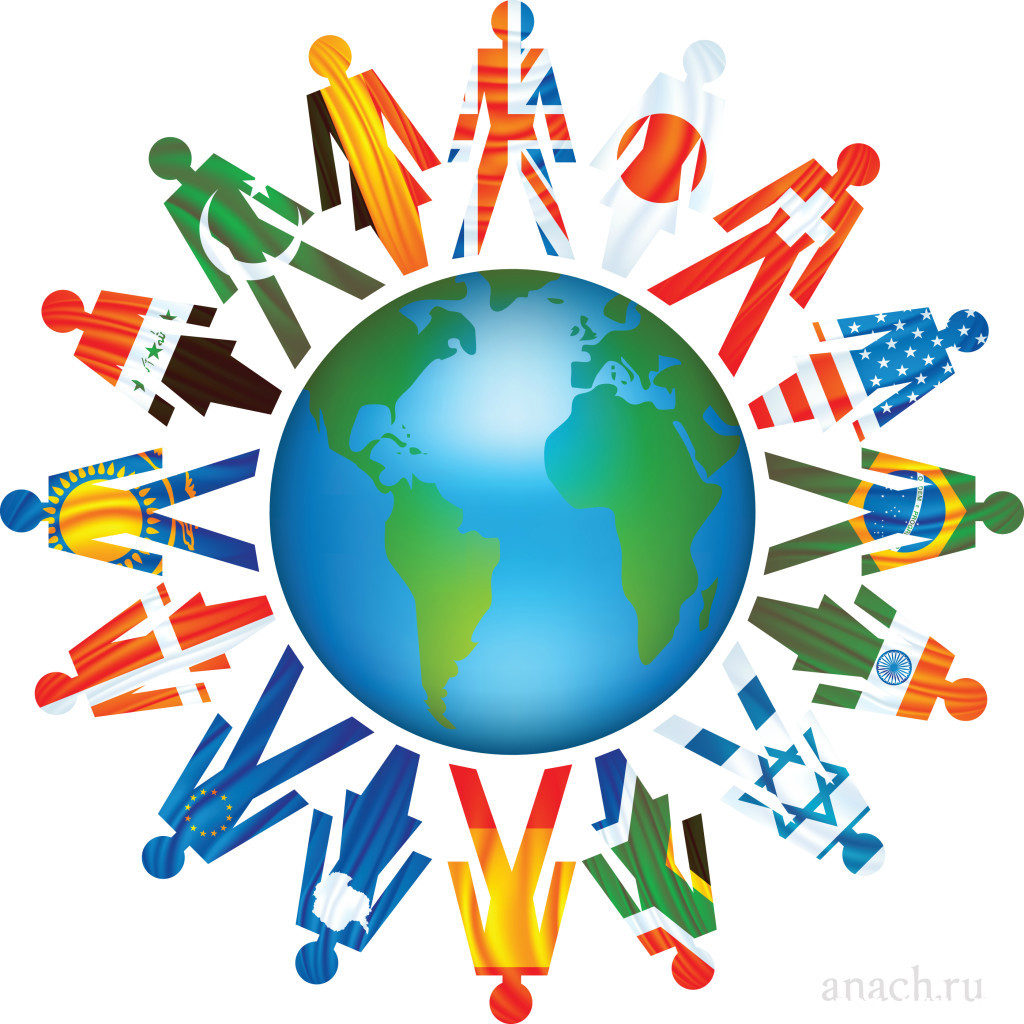
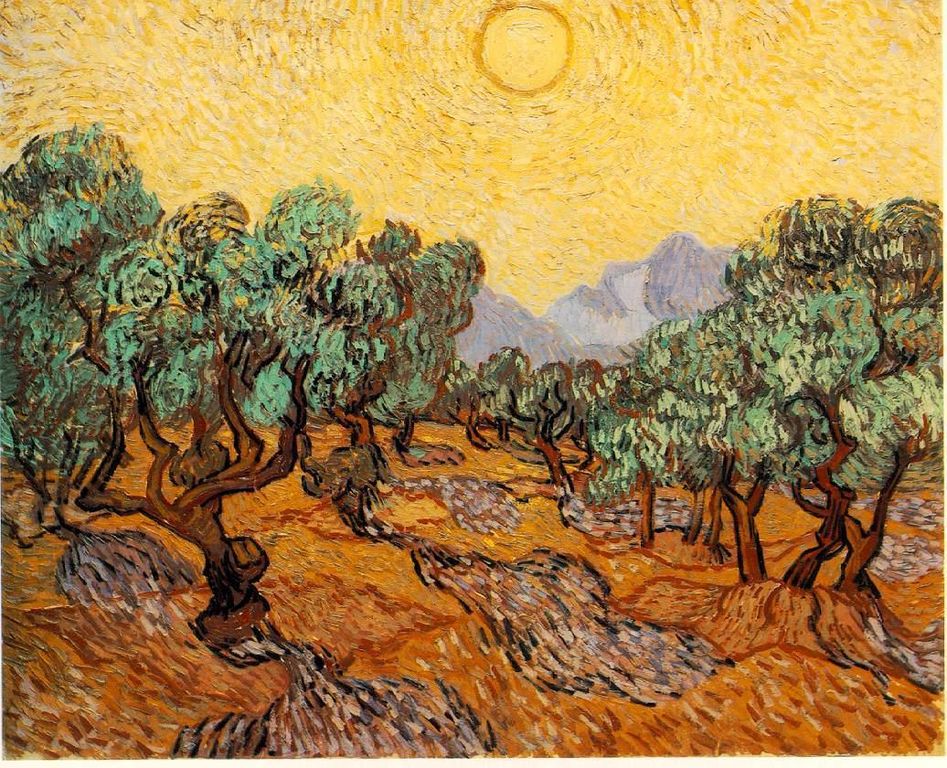
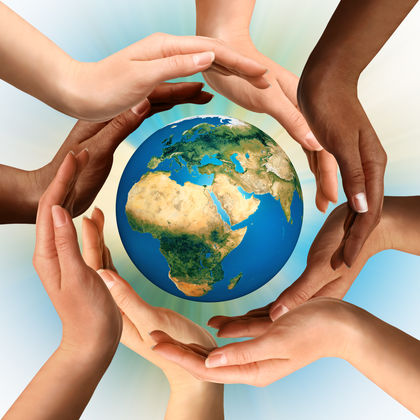

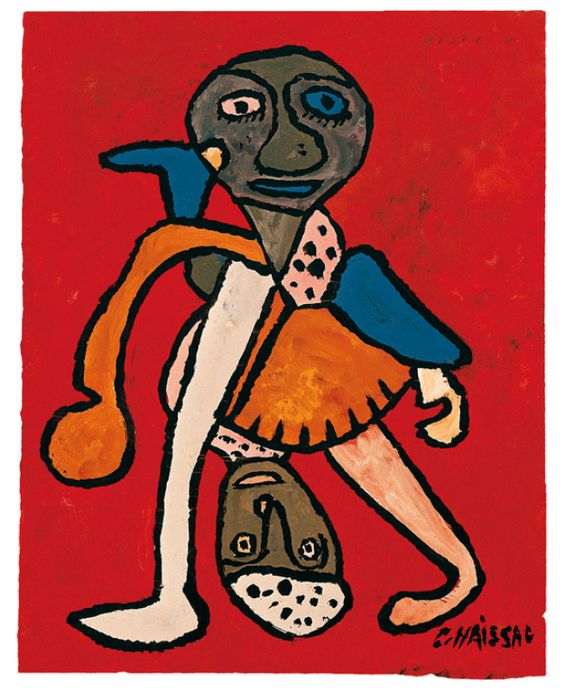
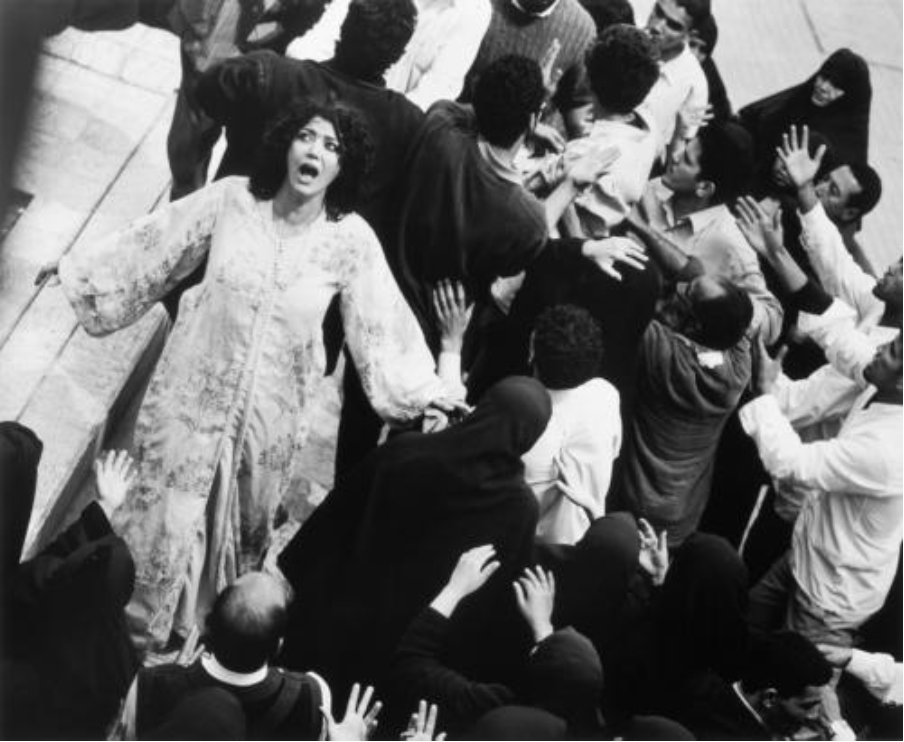
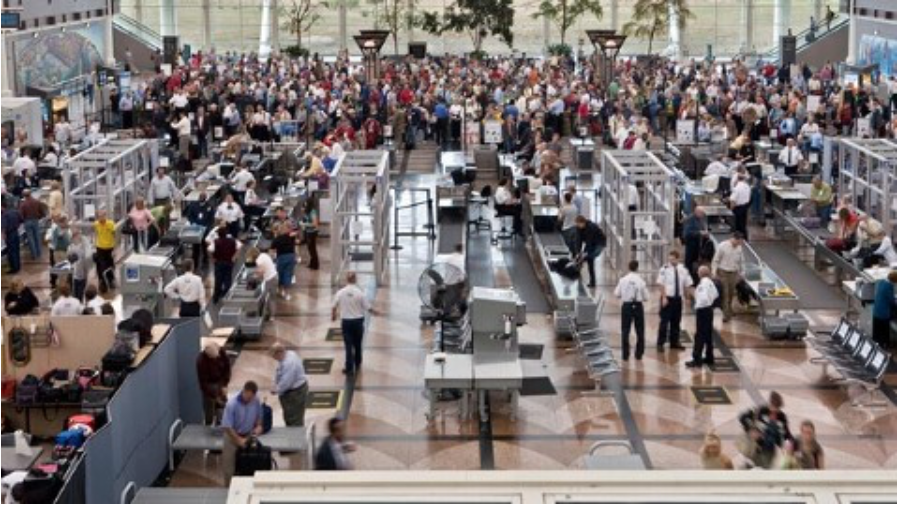
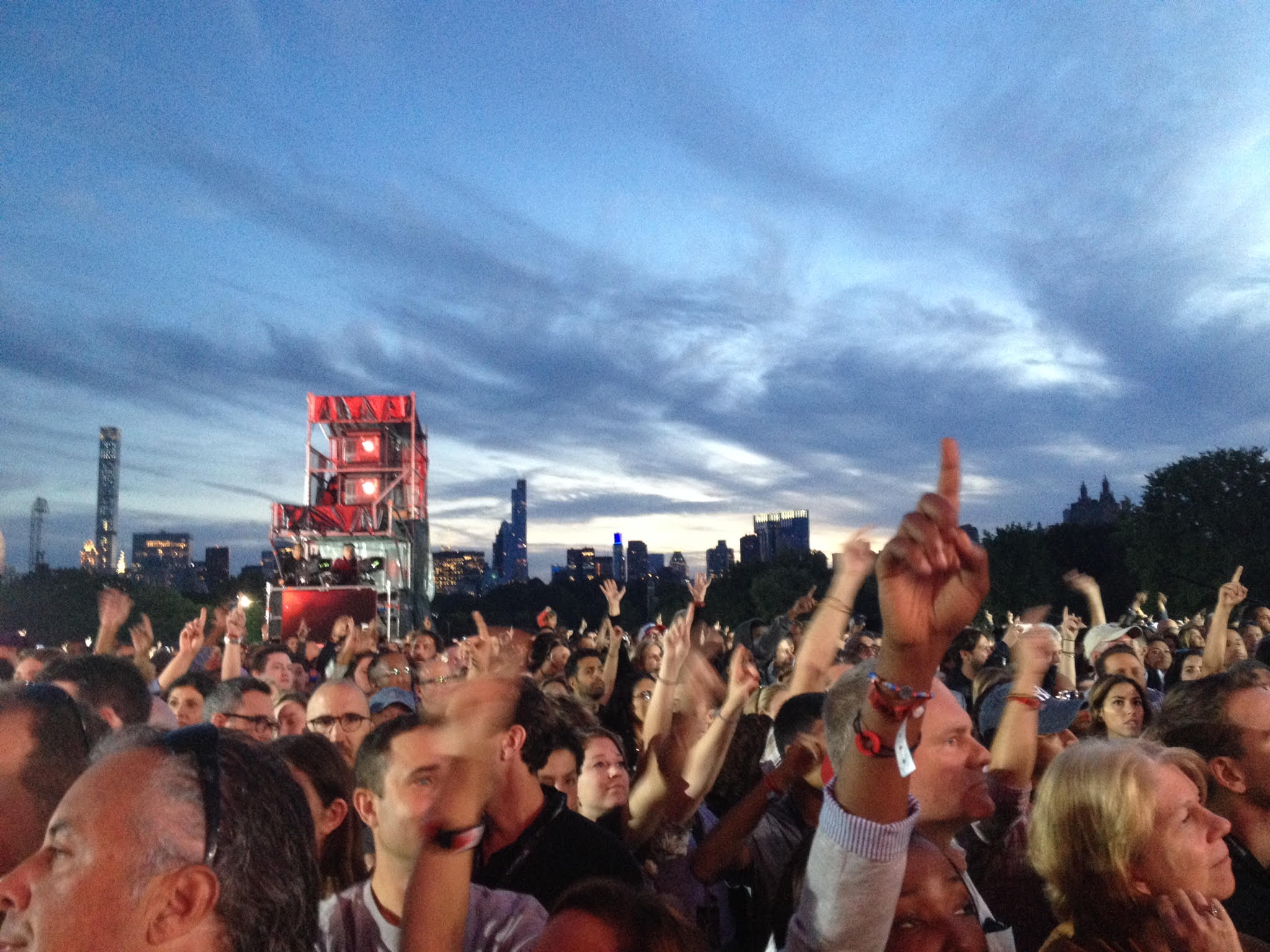
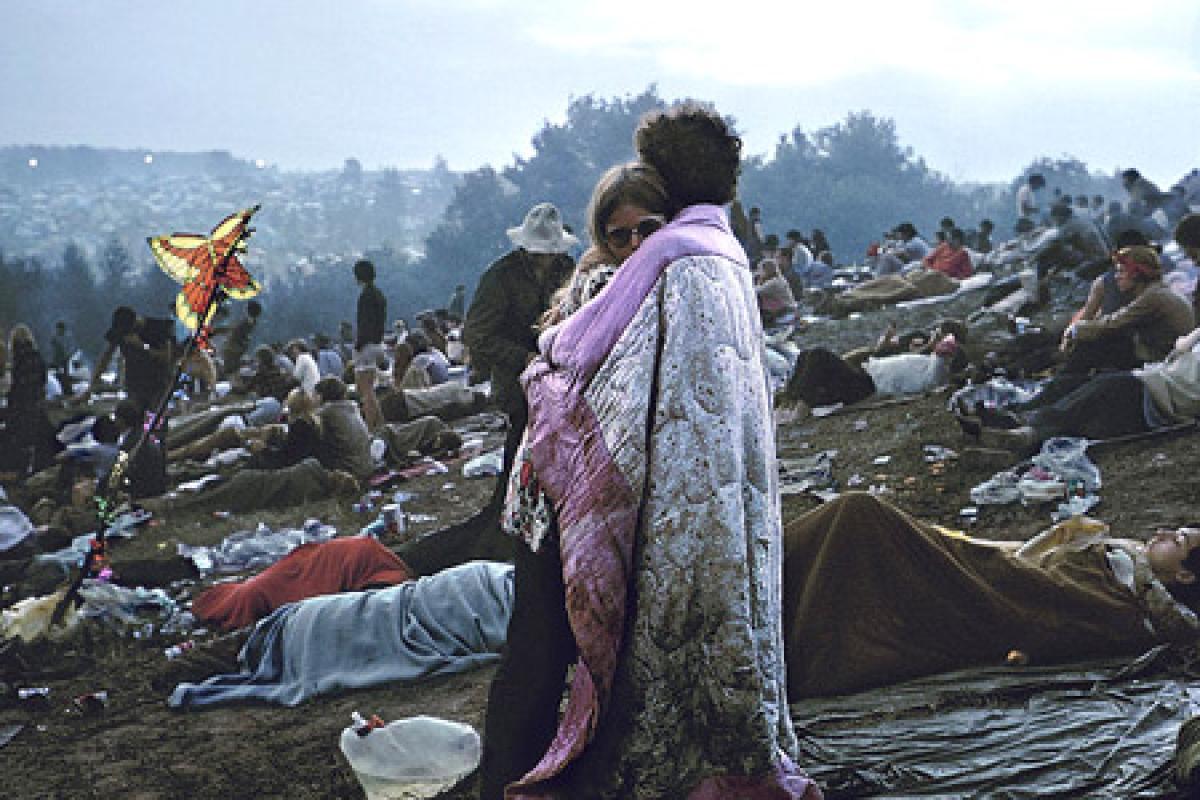
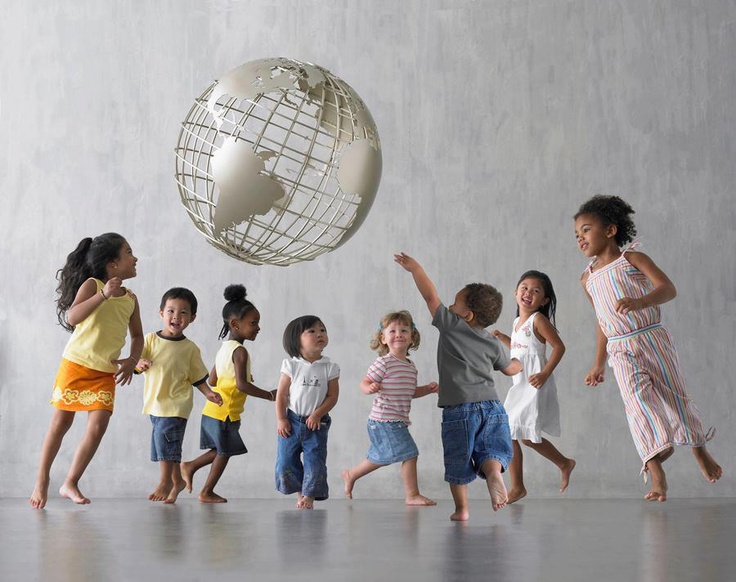
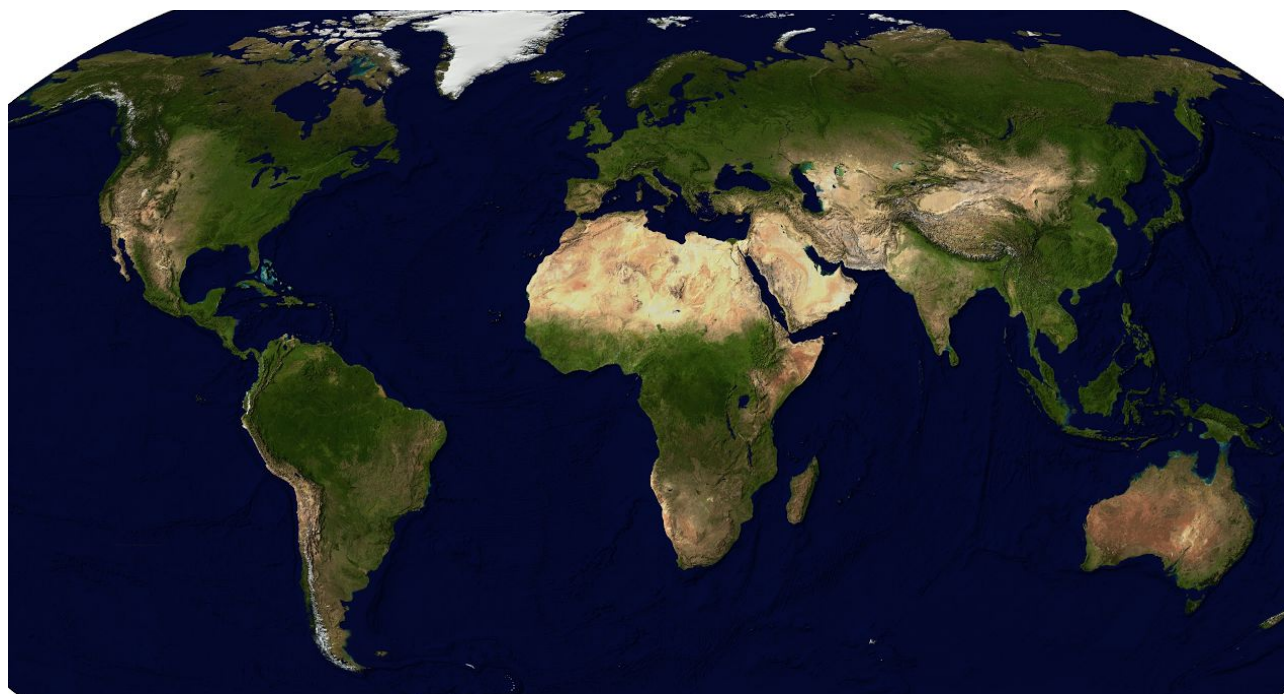

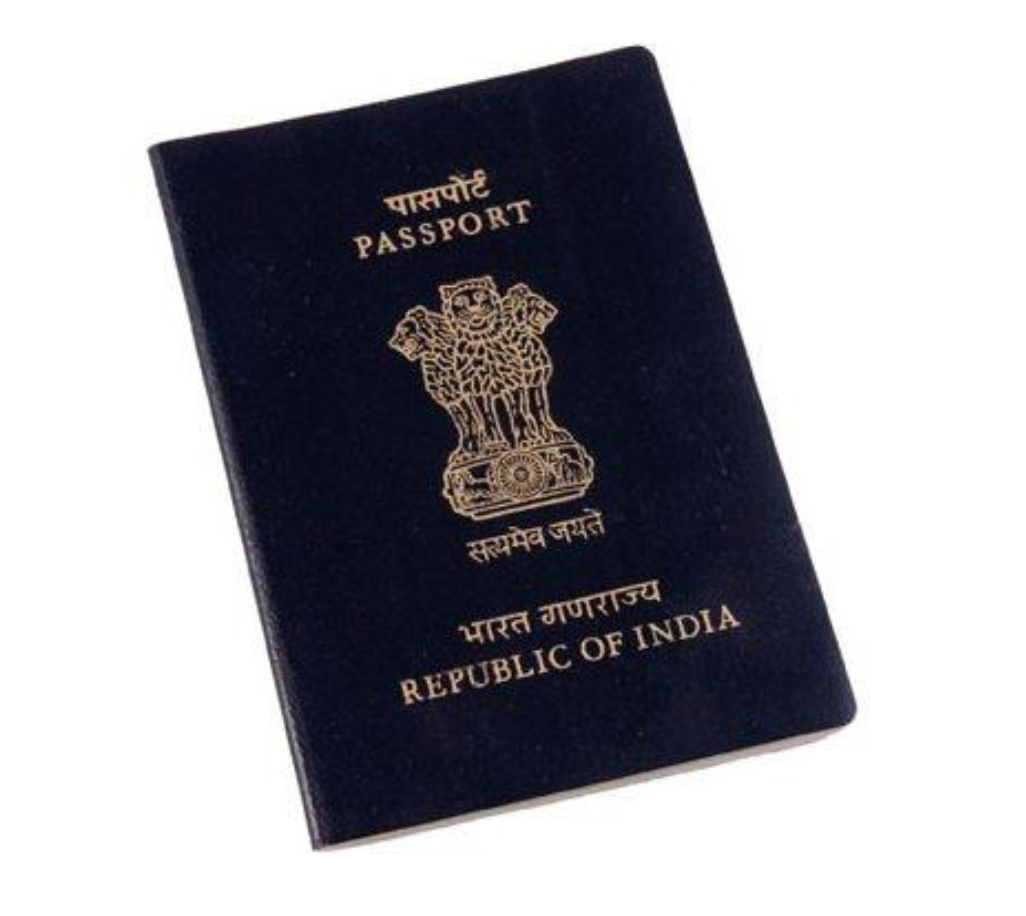
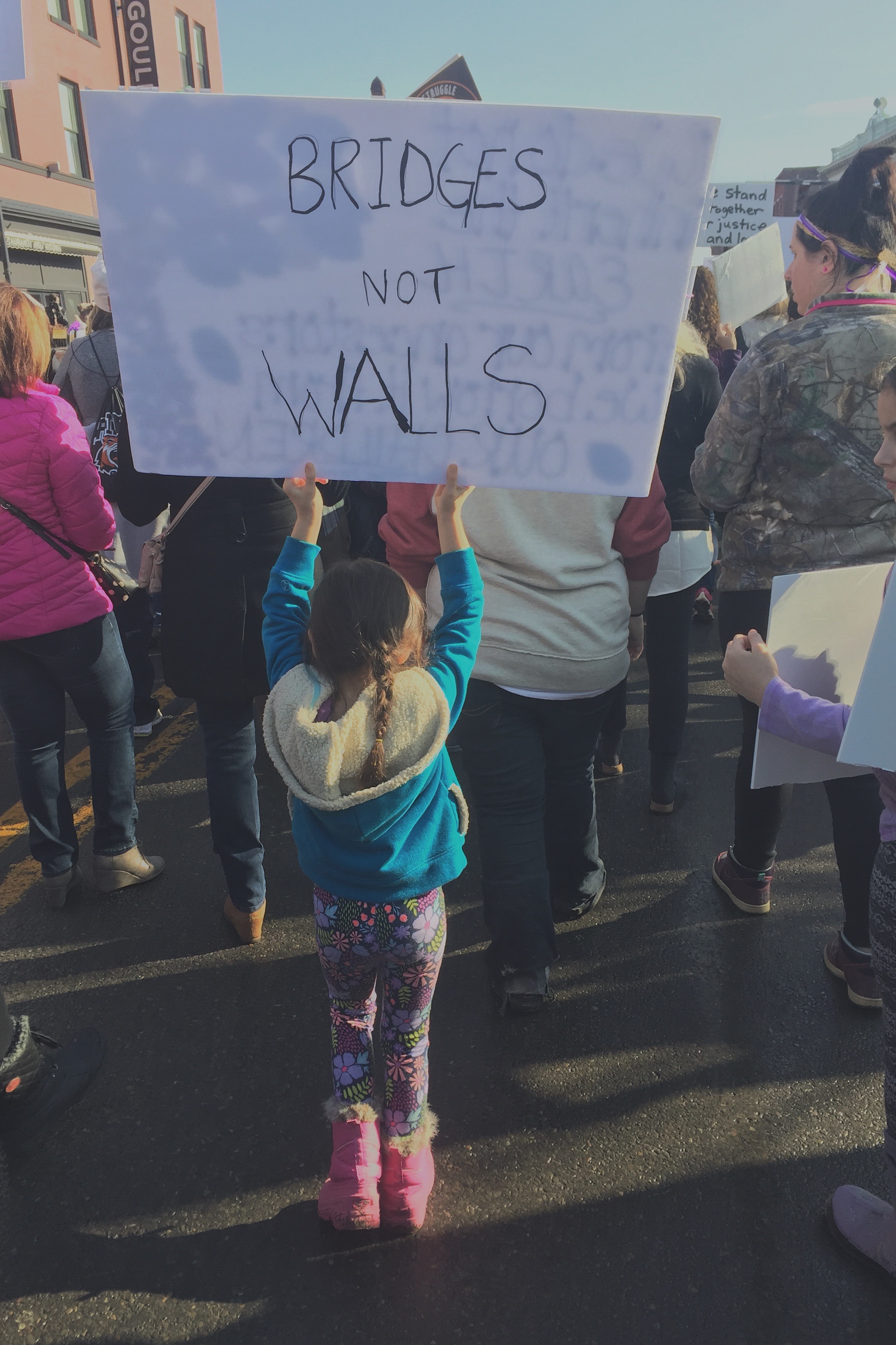
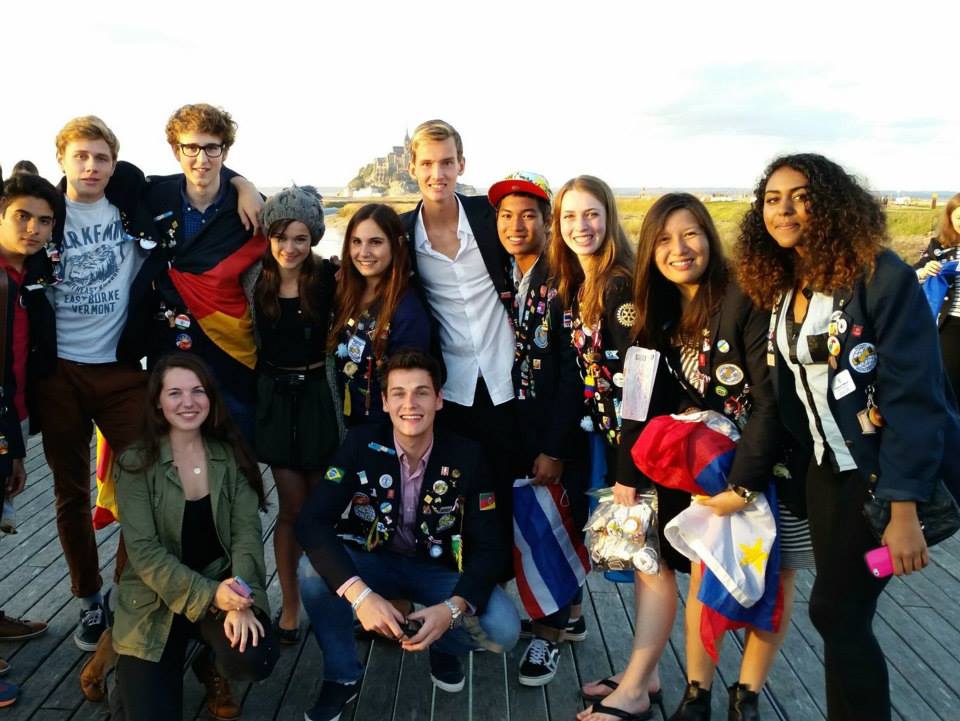
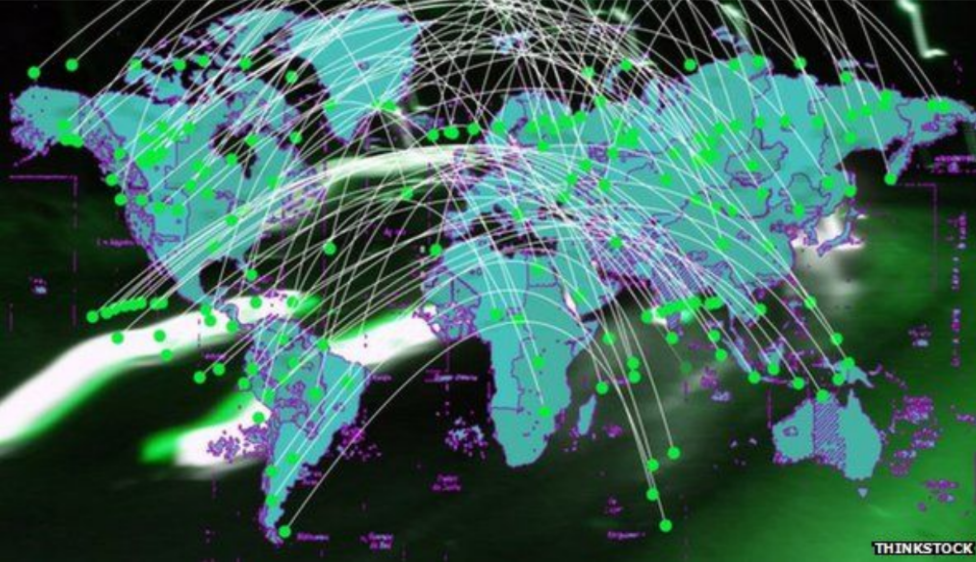
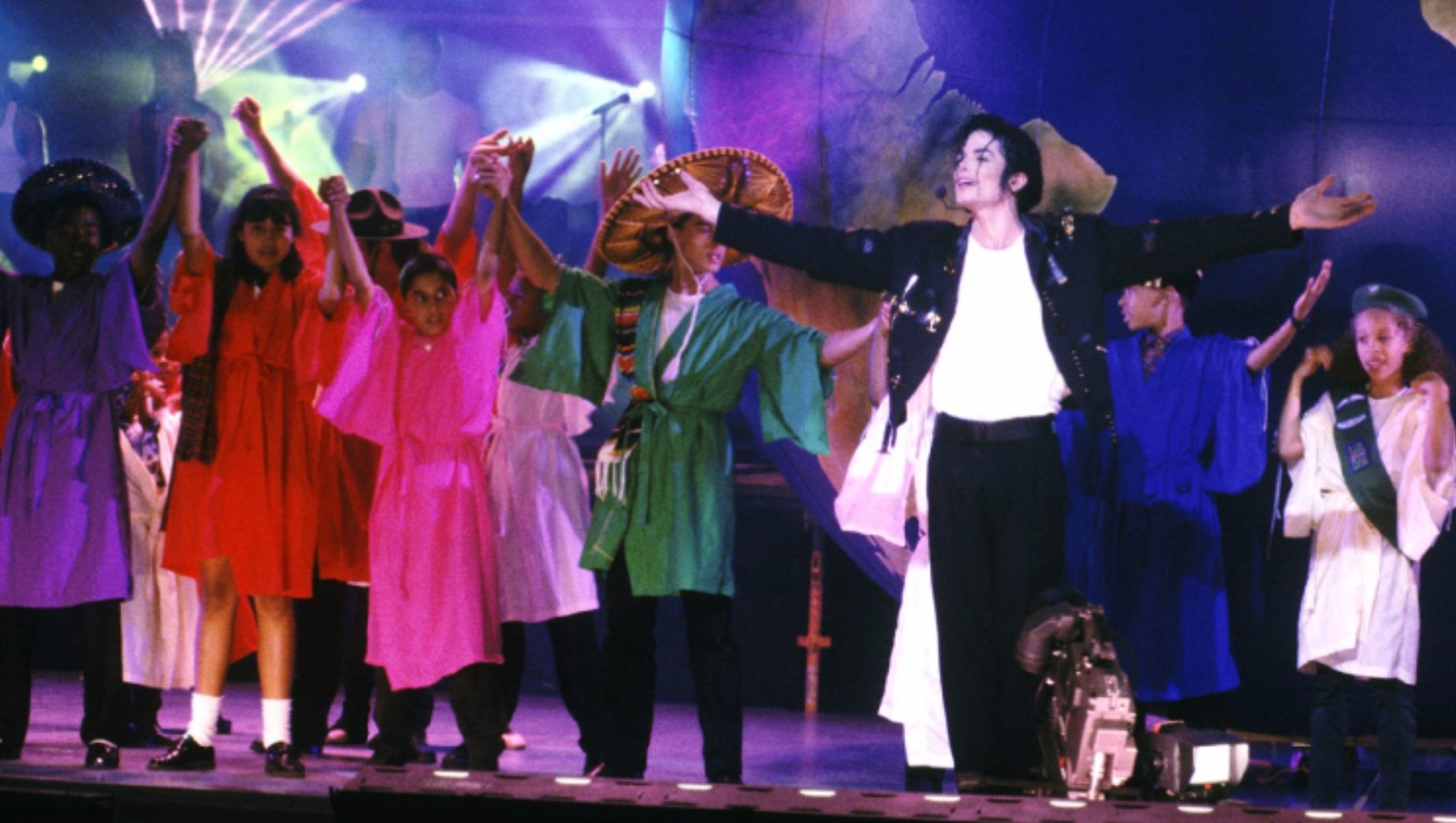
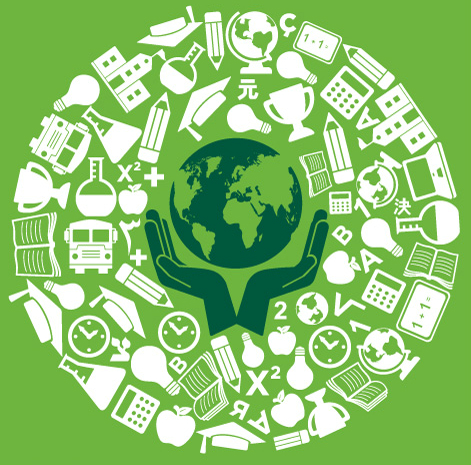
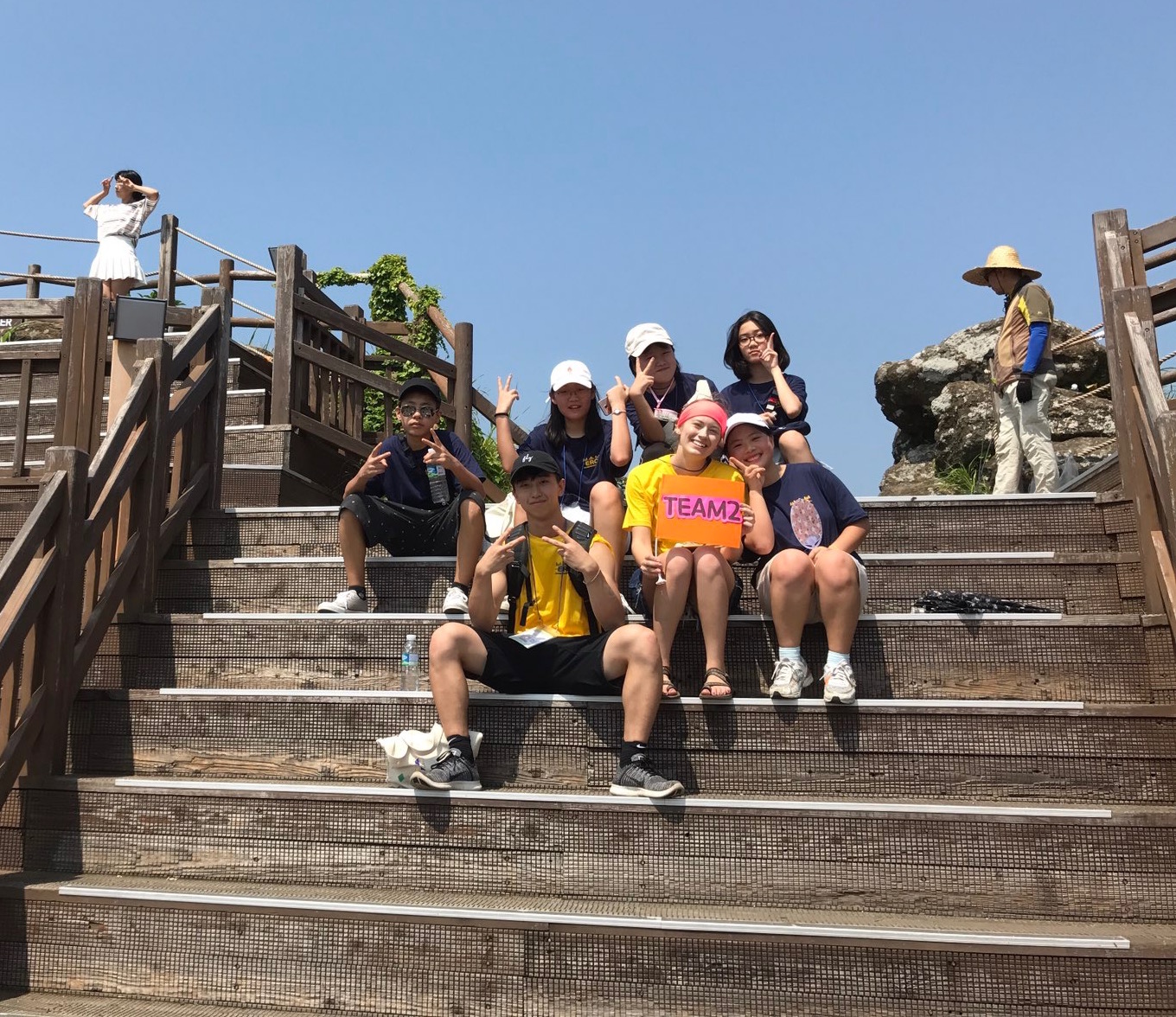

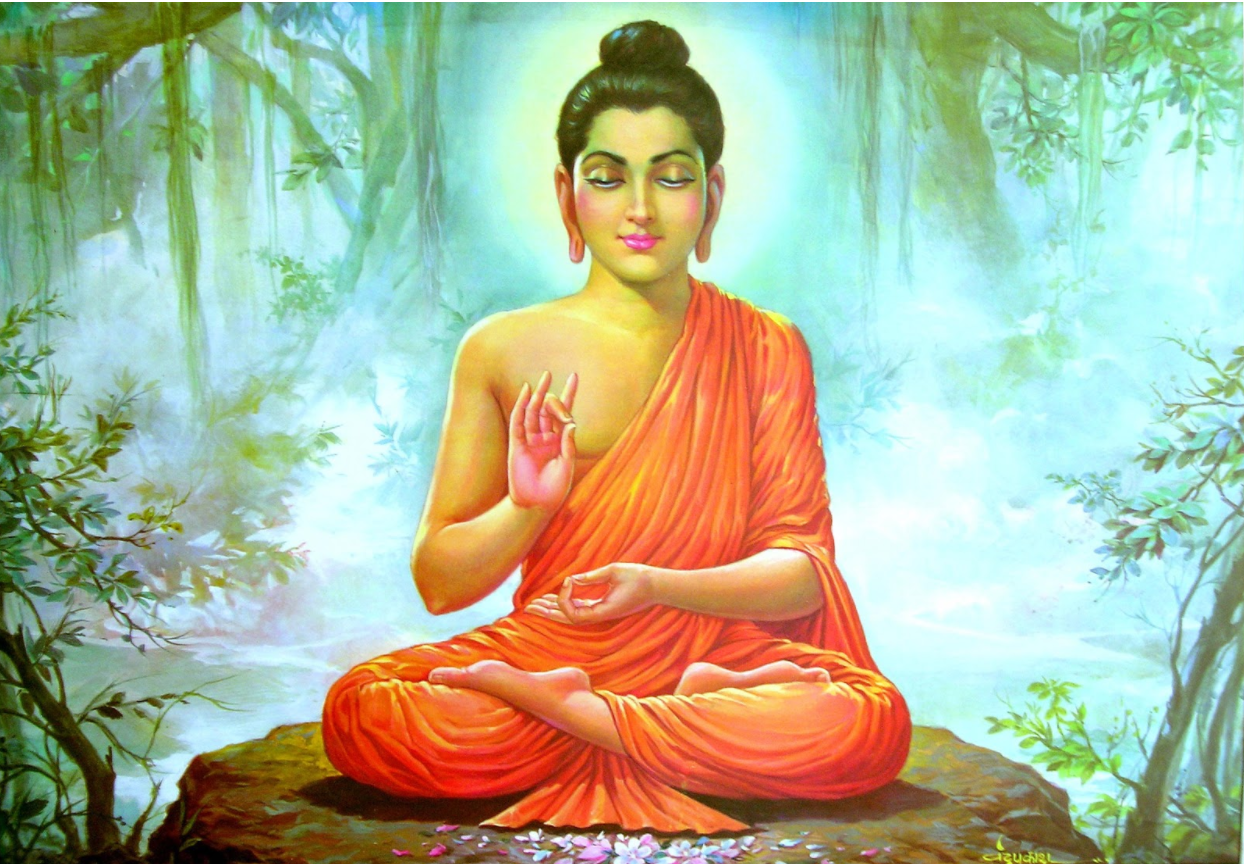
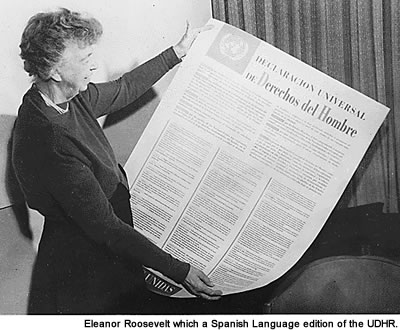
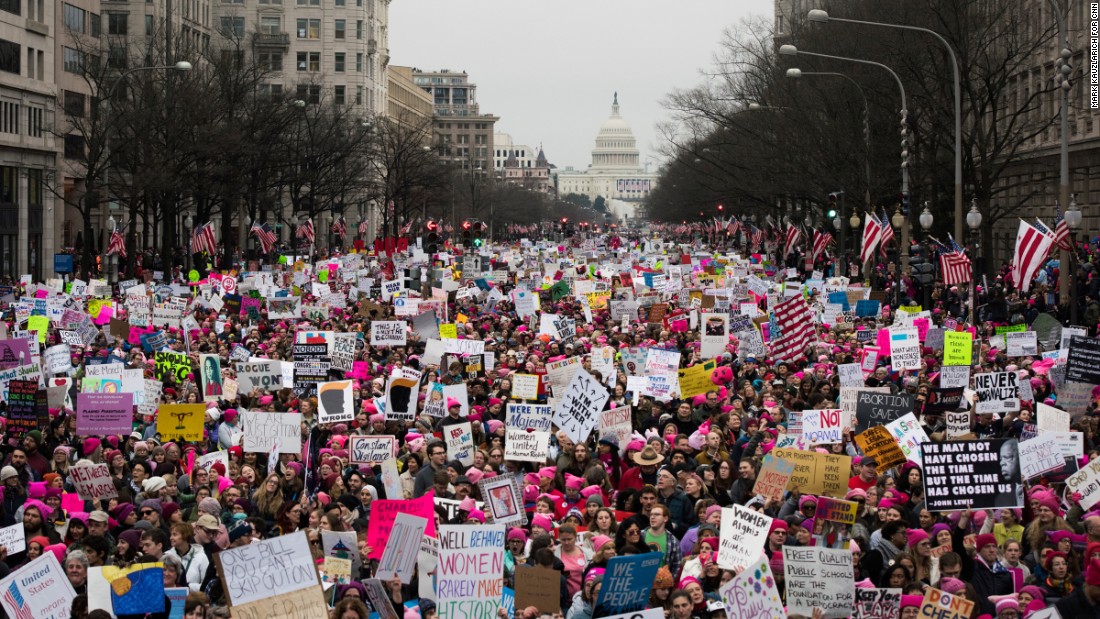
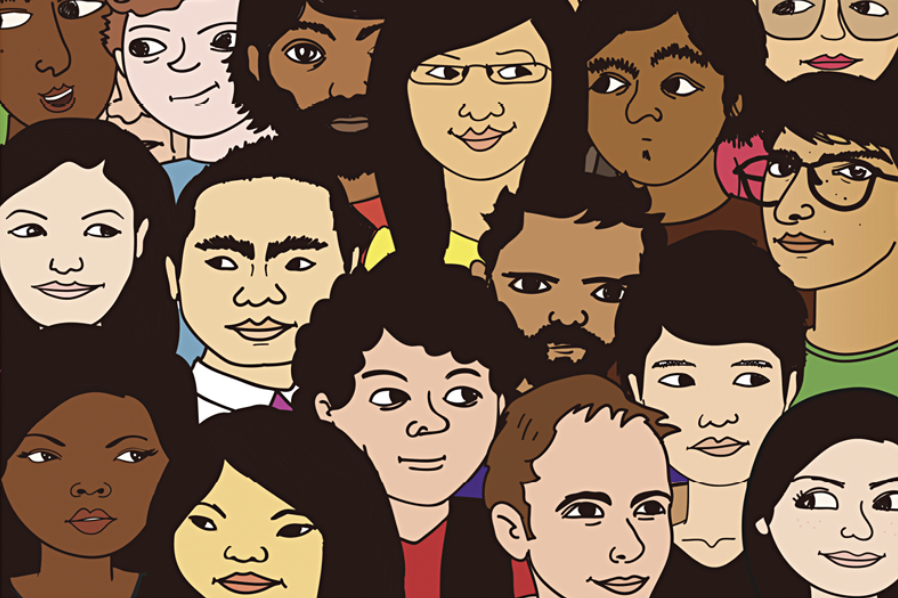
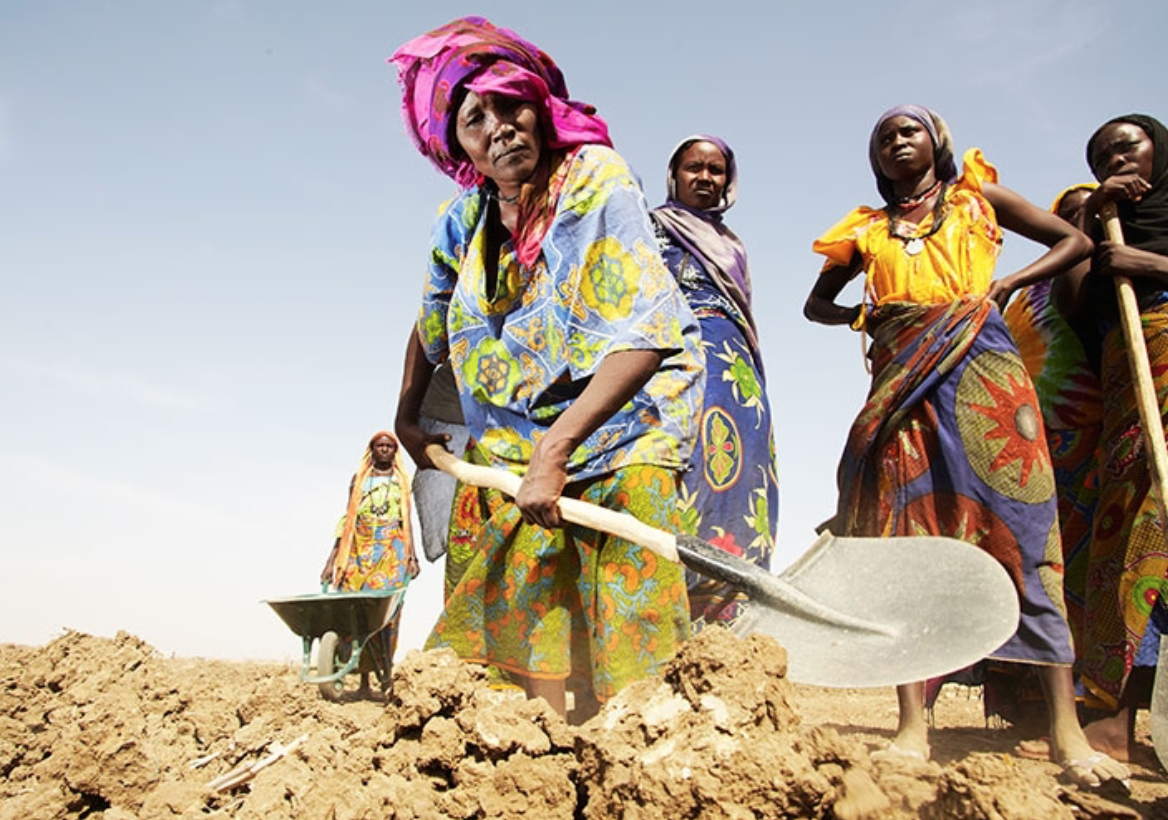
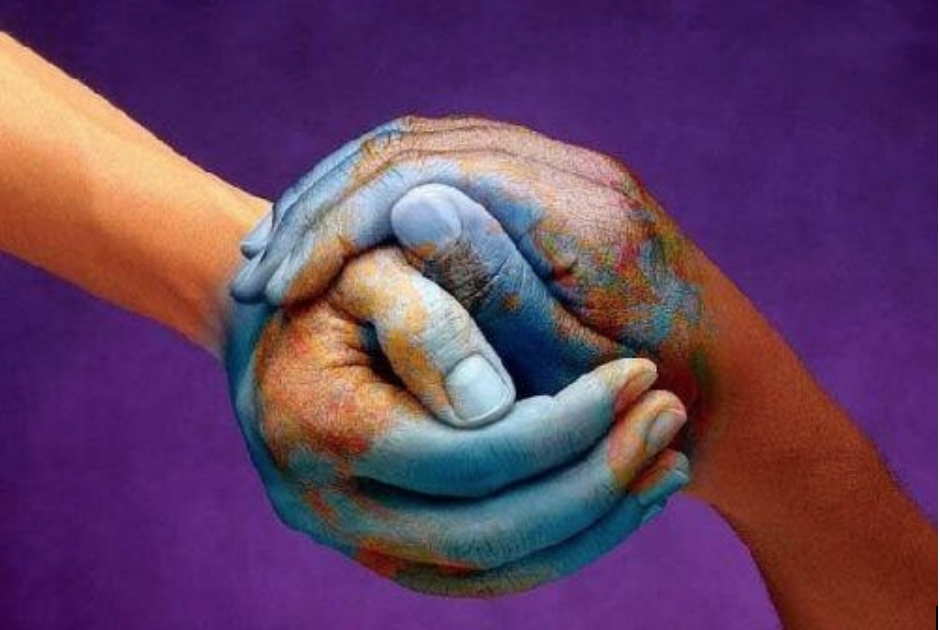
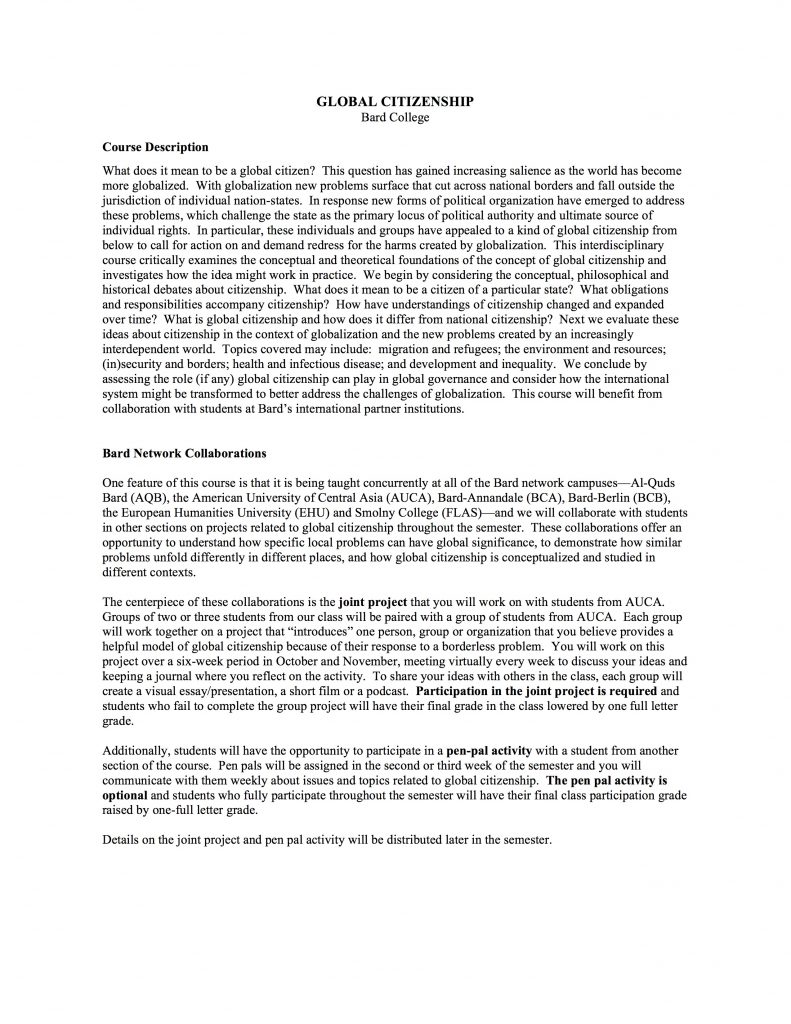
We begin by considering the conceptual, philosophical and historical debates about national and global citizenship. Then, we evaluate these ideas in the context of globalization and the new problems—such as forced migration and climate change—created by an increasingly interdependent world. Readings include:
- Rogers Brubaker, “Citizenship as Social Closure”
- Benedict Anderson, Imagined Communities
- Saskia Sassen, “The Repositioning of Citizenship: Emergent Subjects and Spaces for Politics”
- Seyla Benhabib, “Borders, Boundaries and Citizenship”
- Engin F. Isin, “Citizenship in Flux: The Figure of the Activist Citizen”
- UNHCR, Convention and Protocol Relating to the Status of Refugees
- Seth M. Holmes and Heide Castaneda, “Representing the ‘European Refugee Crisis’ in Germany and Beyond: Deservingness and Difference, Life and Death”
- Kim Rygiel, “Bordering Solidarities: Migrant Activism and the Politics of Movement and Camps at Calais”
For the joint project, students from each of the Bard campuses—at Al-Quds Bard, the American University of Central Asia, Bard-Annandale, Bard-Berlin, the European Humanities University and Smolny College—collaborate with each other on a project that examines an exemplary global citizen. Groups of two or three students from each class are paired with a group from another class. Each group will “introduce” one person, group or organization that they believe provides a helpful model of global citizenship because of the person or organization’s response to a borderless problem. To share with others in the class, each group creates a visual essay/presentation, a short film or a podcast.
Citizen Of and For Humanity: Global Citizenship as a Manifesto
Danny, Bard College Berlin
“To begin again as global citizens is to emancipate from the bonds of our imagined communities – bonds that currently signify not only attachment to a nation-state but a system of limitless social and environmental exploitation – asserting that if the current order was imagined, it can and must be reimagined.”
Global responsibility and the myth of global citizenship in the modern world
Shahd, Al Quds Bard
“When we discuss the notion of global citizenship, it is important to recognize the barriers that political borders create in our world today. In an ideal world that is free from politics, global citizenship may serve as a tool to challenge and try to end the problems that our world faces nowadays.”
Post-National Global Citizenship Fails to Effectively Address the Refugee Crisis
Anastasia, Bard College Annandale
Unless there can be changes made to the implementation of post-national citizenship, it will always be fundamentally ill-equipped to address global issues like the refugee crisis. Until the tensions of social closure and moral obligations can be fully resolved, there might be no hope for post-national citizenship alone to address global issues.“
The Importance of Preservation and Development of Certain Ethnicities under the Process of Globalization
Volha, European Humanities University
“Under any circumstances there is a duty to respect human rights and to treat human beings equally. We all share common needs, common vulnerabilities that are as much a part of one person’s life as of any other. Our highest allegiance must be to the community of humankind, and the first principles of our practical thought must respect the equal worth of all members of that community.”
Learning Languages as a Solution for Conflict
Somaya, American University Central Asia
“Now more than any other time, we need measurements and behaviors necessary for peace building and bridging the gap between nations and people across the world. Learning new languages and understanding other respected cultures can foster a sense of harmony and connect people more together as it is power mean to walk into other cultures.“
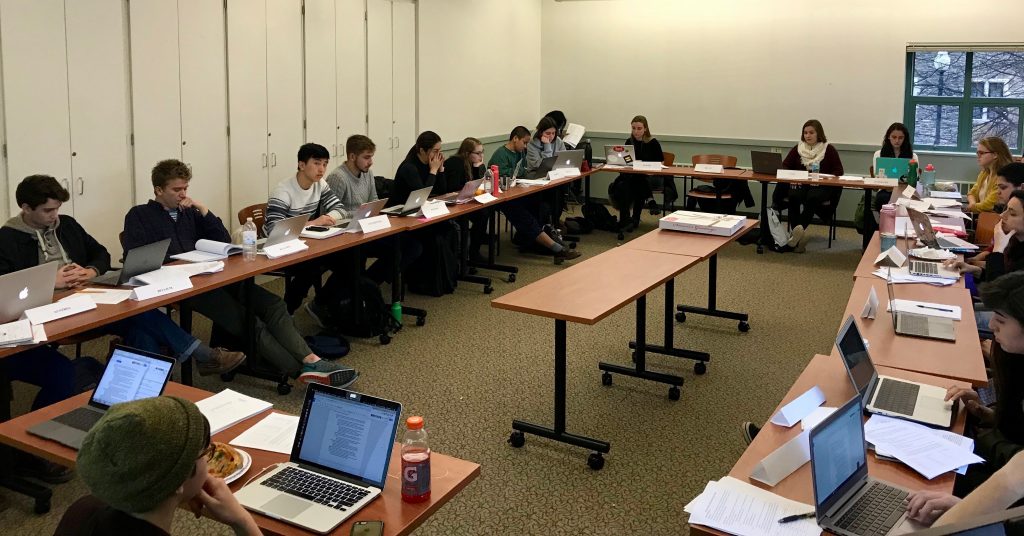
Students participate in a Model United Nations style simulation of a body relevant to a crisis central to conversations about global citizenship such as the refugee crisis or climate change in order to help them think about these issues from the perspective of a government. They read a background guide prepared by the course fellow, research current legislation on the topic and prepare papers outlining the position of a country they have been assigned. Then, students debate this from the perspective of that country for several hours and attempt to write a resolution to solve the issue. Students leave with a new understanding of why these issues have not yet been solved.
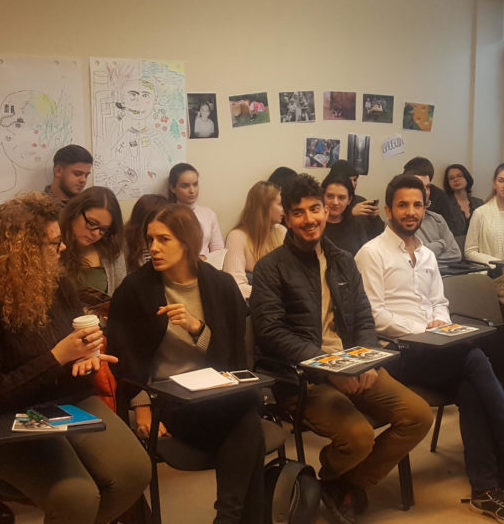
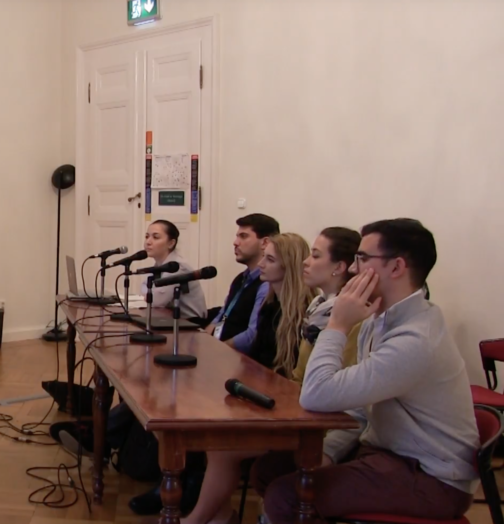
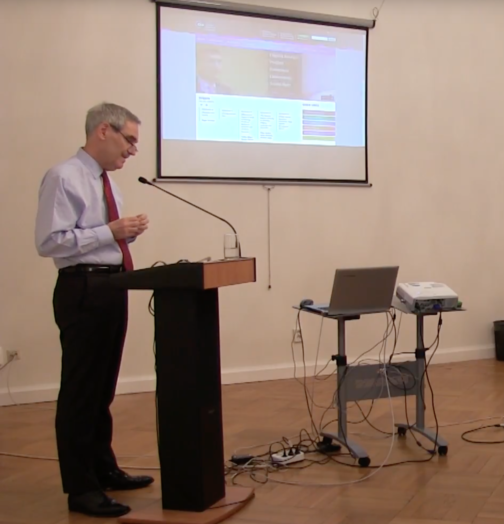
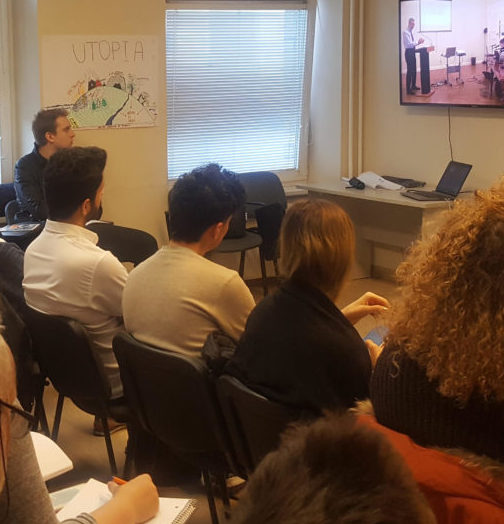
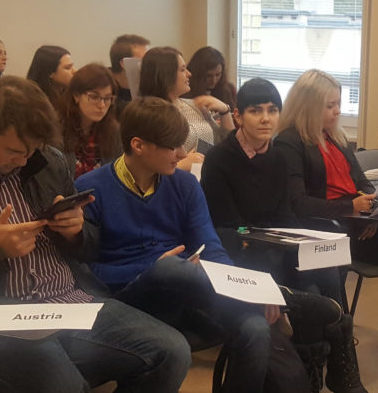
BARD COLLEGE
GLOBAL CITIZENSHIP
an international, cross campus
collaboration
what does it mean
to be a global citizen?
With globalization, new problems surface that cut across national borders and fall outside the jurisdiction of individual nation-states. New forms of political organization challenge the state as the primary locus of political authority and ultimate source of individual rights, appealing to a kind of global citizenship from below to demand redress for the harms created by globalization. This interdisciplinary course examines the conceptual and theoretical foundations of global citizenship and investigates how the idea might work in practice.











































To be a global citizen is to both actively show solidarity with justice and those pursuing it, and hold accountable those who have the power to make positive change.
– Emily, Bard Annandale
To me, being a global citizen means having respect for others, regardless of the passport that they hold, and to have a sense of responsibility towards all causes.
– Shahd, Al Quds Bard
Global citizenship is about looking past your own window and being ready to comprehend other’s problems which seem to have nothing to do with your own.
– Elizaveta, Smolny
We begin by considering the conceptual, philosophical and historical debates about national and global citizenship. Then, we evaluate these ideas in the context of globalization and the new problems—such as forced migration and climate change—created by an increasingly interdependent world. Readings include:
Rogers Brubaker, “Citizenship as Social Closure”
Benedict Anderson, Imagined Communities
Saskia Sassen, “The Repositioning of Citizenship: Emergent Subjects and Spaces for Politics”
Seyla Benhabib, “Borders, Boundaries and Citizenship”
Engin F. Isin, “Citizenship in Flux: The Figure of the Activist Citizen”
For the joint project, students from each of the Bard campuses—at Al-Quds Bard, the American University of Central Asia, Bard-Annandale, Bard-Berlin, the European Humanities University and Smolny College—collaborate with each other on a project that examines an exemplary global citizen. Groups of two or three students from each class are paired with a group from another class. Each group will “introduce” one person, group or organization that they believe provides a helpful model of global citizenship because of the person or organization’s response to a borderless problem. To share with others in the class, each group creates a visual essay/presentation, a short film or a podcast.
Citizen Of and For Humanity: Global Citizenship as a Manifesto
Danny, Bard College Berlin
“To begin again as global citizens is to emancipate from the bonds of our imagined communities – bonds that currently signify not only attachment to a nation-state but a system of limitless social and environmental exploitation – asserting that if the current order was imagined, it can and must be reimagined.”
Global responsibility and the myth of global citizenship in the modern world
Shahd, Al Quds Bard
“When we discuss the notion of global citizenship, it is important to recognize the barriers that political borders create in our world today. In an ideal world that is free from politics, global citizenship may serve as a tool to challenge and try to end the problems that our world faces nowadays.”
Post-National Global Citizenship Fails to Effectively Address the Refugee Crisis
Anastasia, Bard College Annandale
Unless there can be changes made to the implementation of post-national citizenship, it will always be fundamentally ill-equipped to address global issues like the refugee crisis. Until the tensions of social closure and moral obligations can be fully resolved, there might be no hope for post-national citizenship alone to address global issues.“
The Importance of Preservation and Development of Certain Ethnicities under the Process of Globalization
Volha, European Humanities University
“Under any circumstances there is a duty to respect human rights and to treat human beings equally. We all share common needs, common vulnerabilities that are as much a part of one person’s life as of any other. Our highest allegiance must be to the community of humankind, and the first principles of our practical thought must respect the equal worth of all members of that community.”
Learning Languages as a Solution for Conflict
Somaya, American University Central Asia
“Now more than any other time, we need measurements and behaviors necessary for peace building and bridging the gap between nations and people across the world. Learning new languages and understanding other respected cultures can foster a sense of harmony and connect people more together as it is power mean to walk into other cultures.“

Students participate in a Model United Nations style simulation of a body relevant to a crisis central to conversations about global citizenship such as the refugee crisis or climate change in order to help them think about these issues from the perspective of a government. They read a background guide prepared by the course fellow, research current legislation on the topic and prepare papers outlining the position of a country they have been assigned. Then, students debate this from the perspective of that country for several hours and attempt to write a resolution to solve the issue. Students leave with a new understanding of why these issues have not yet been solved.